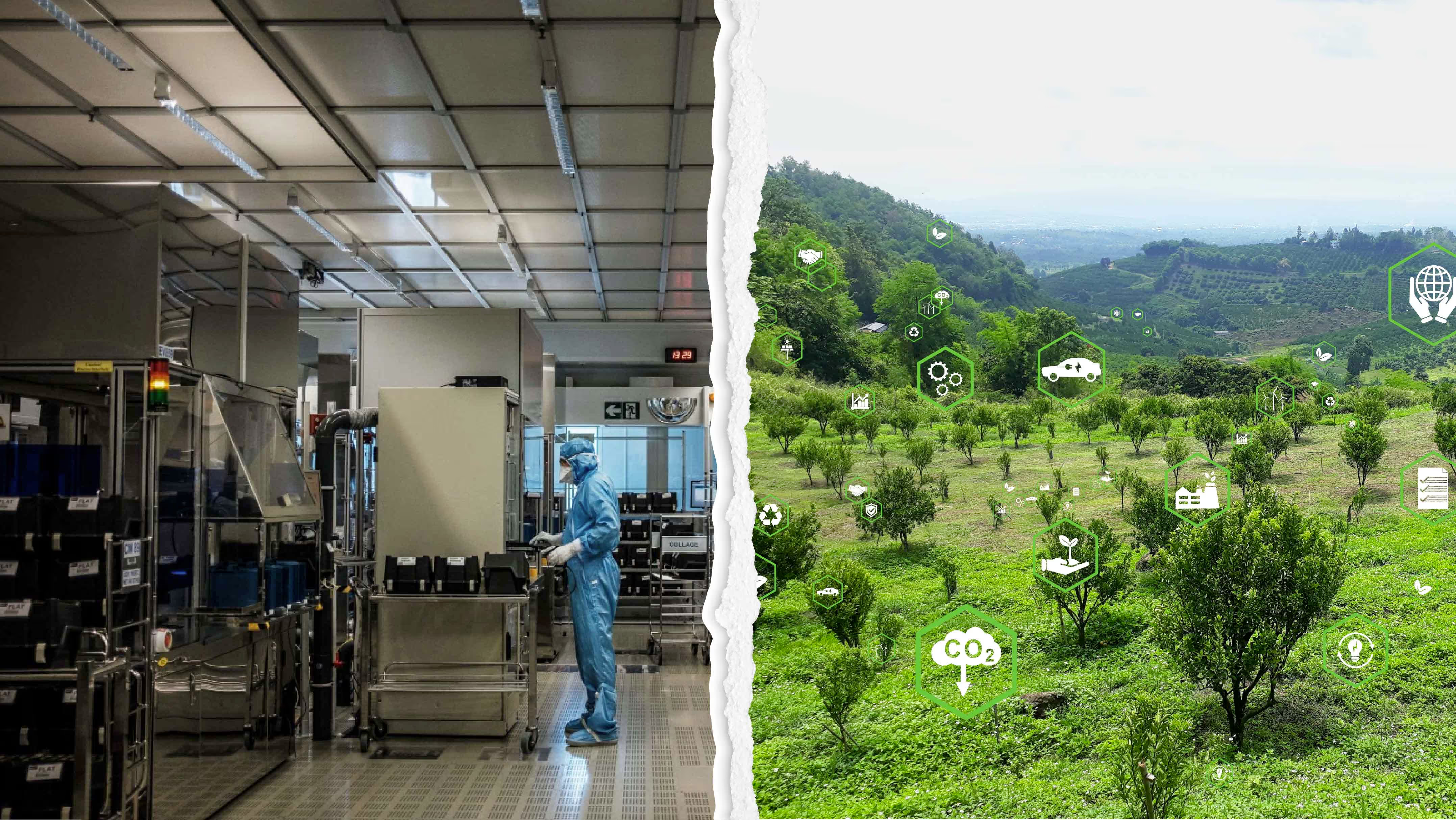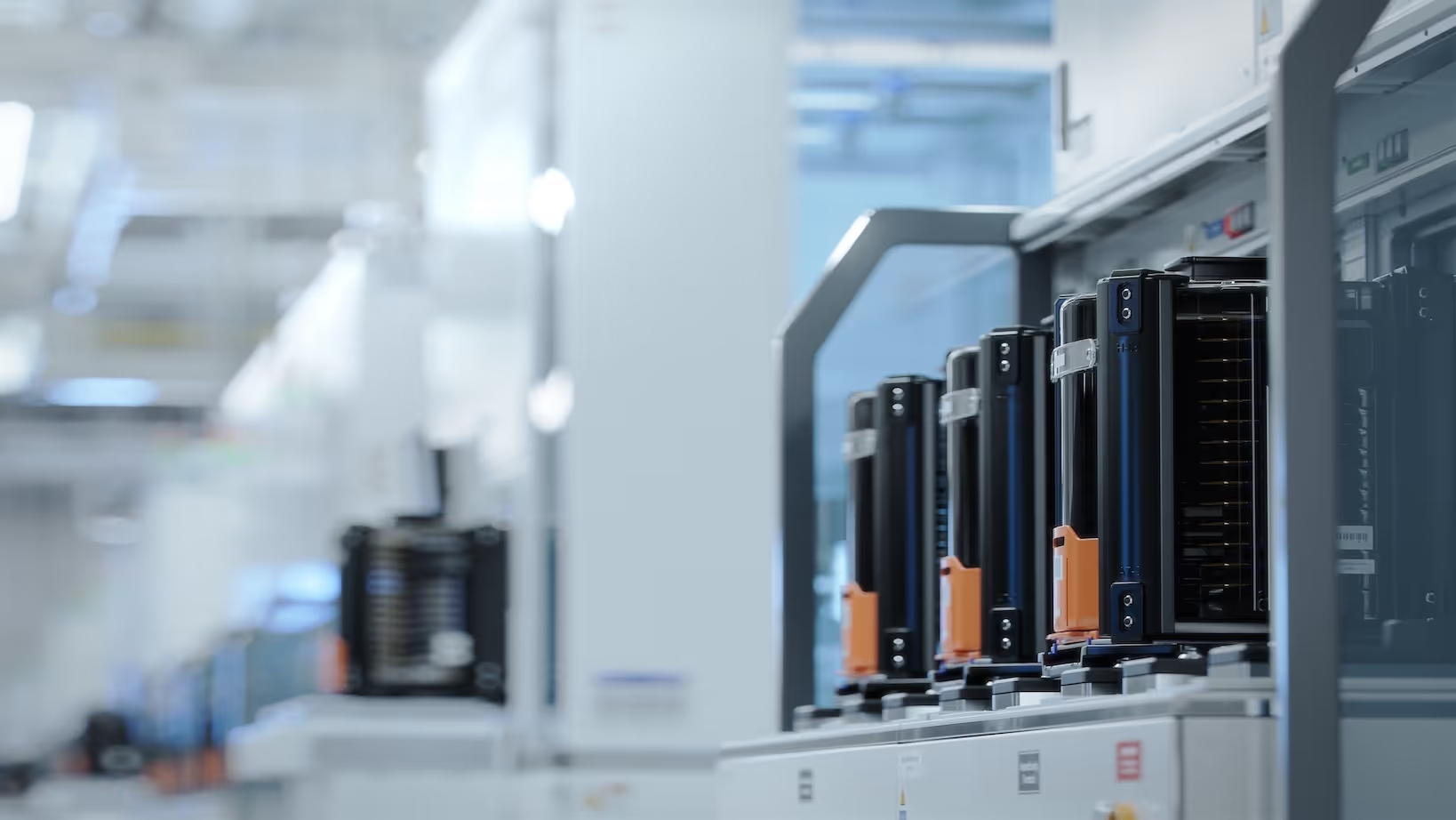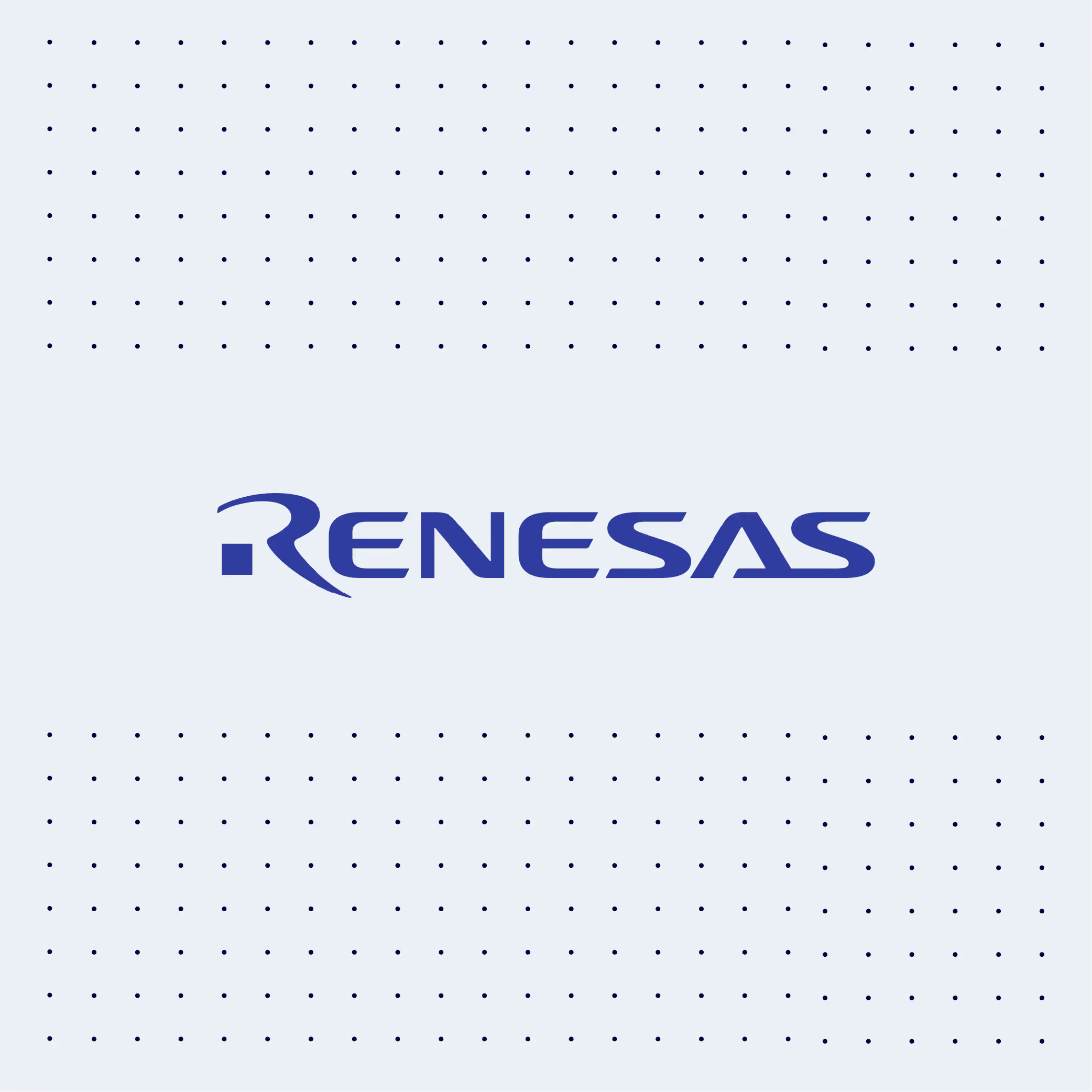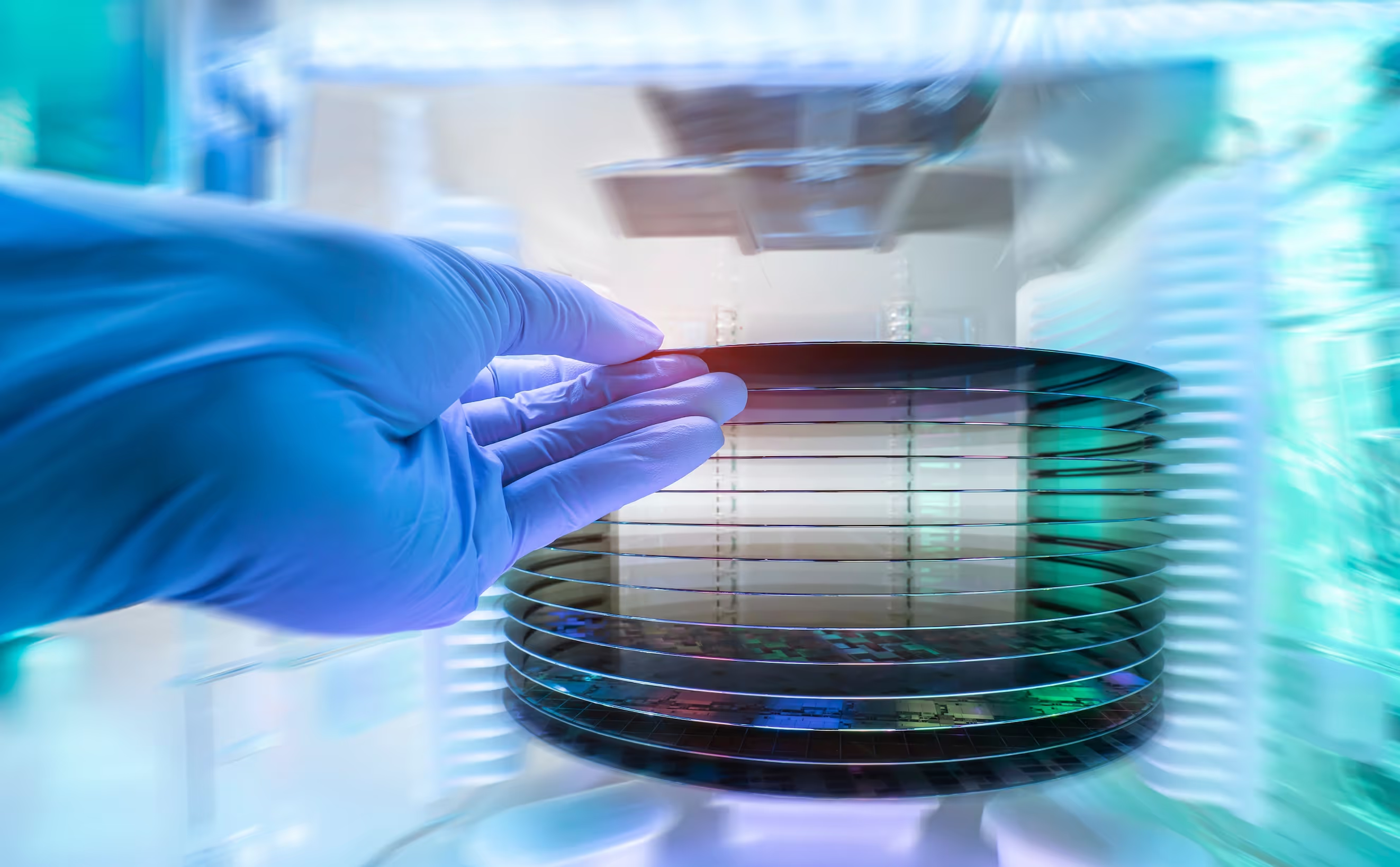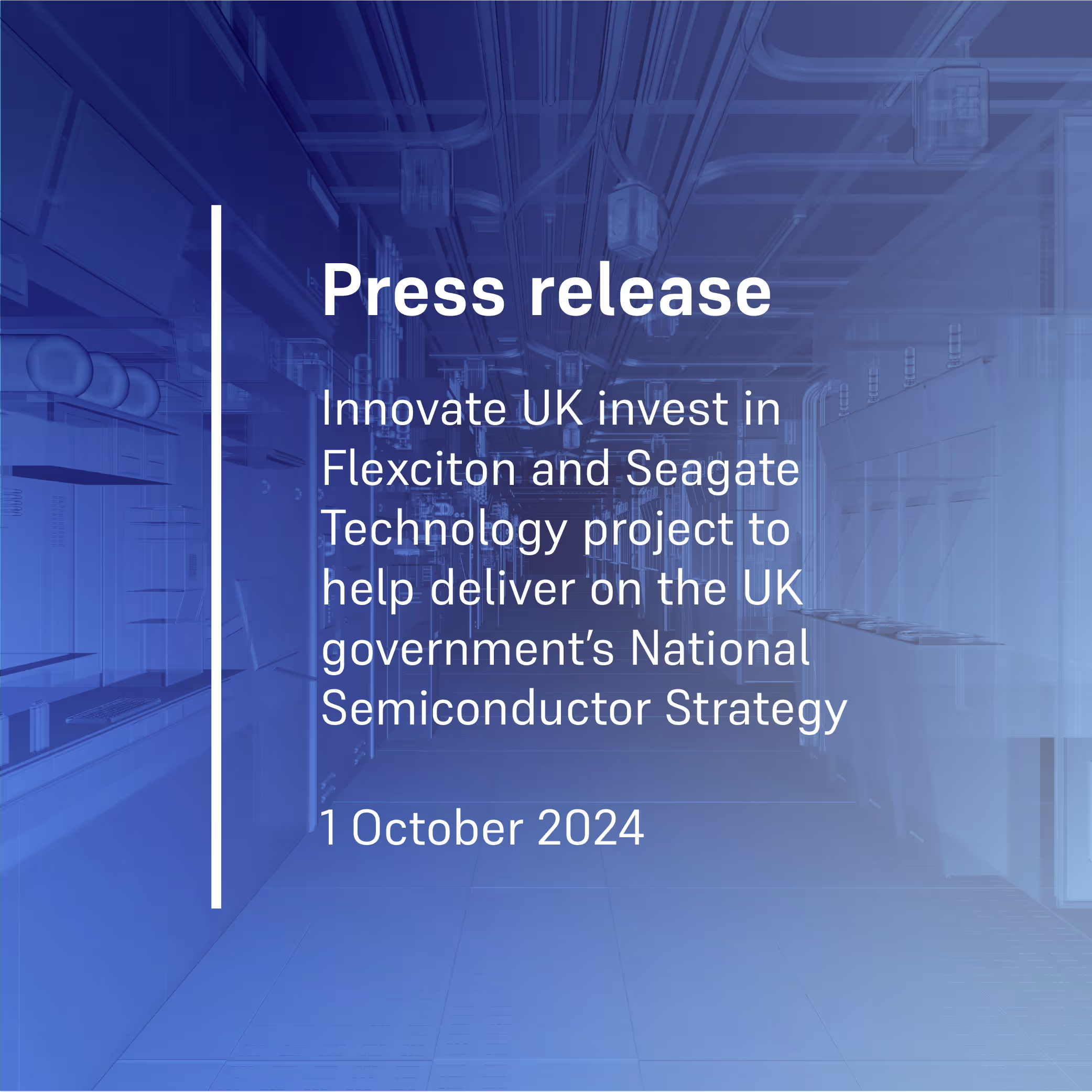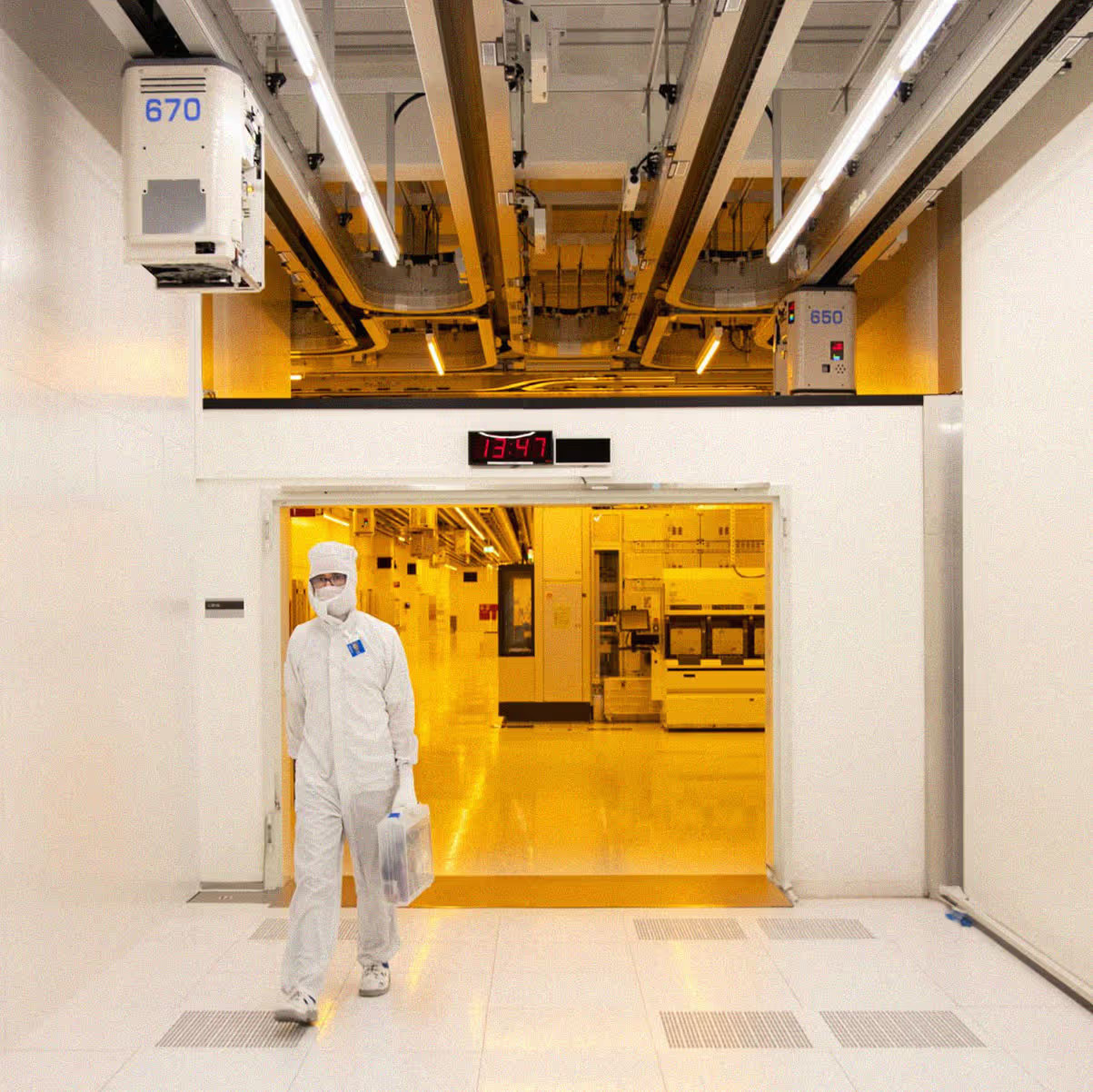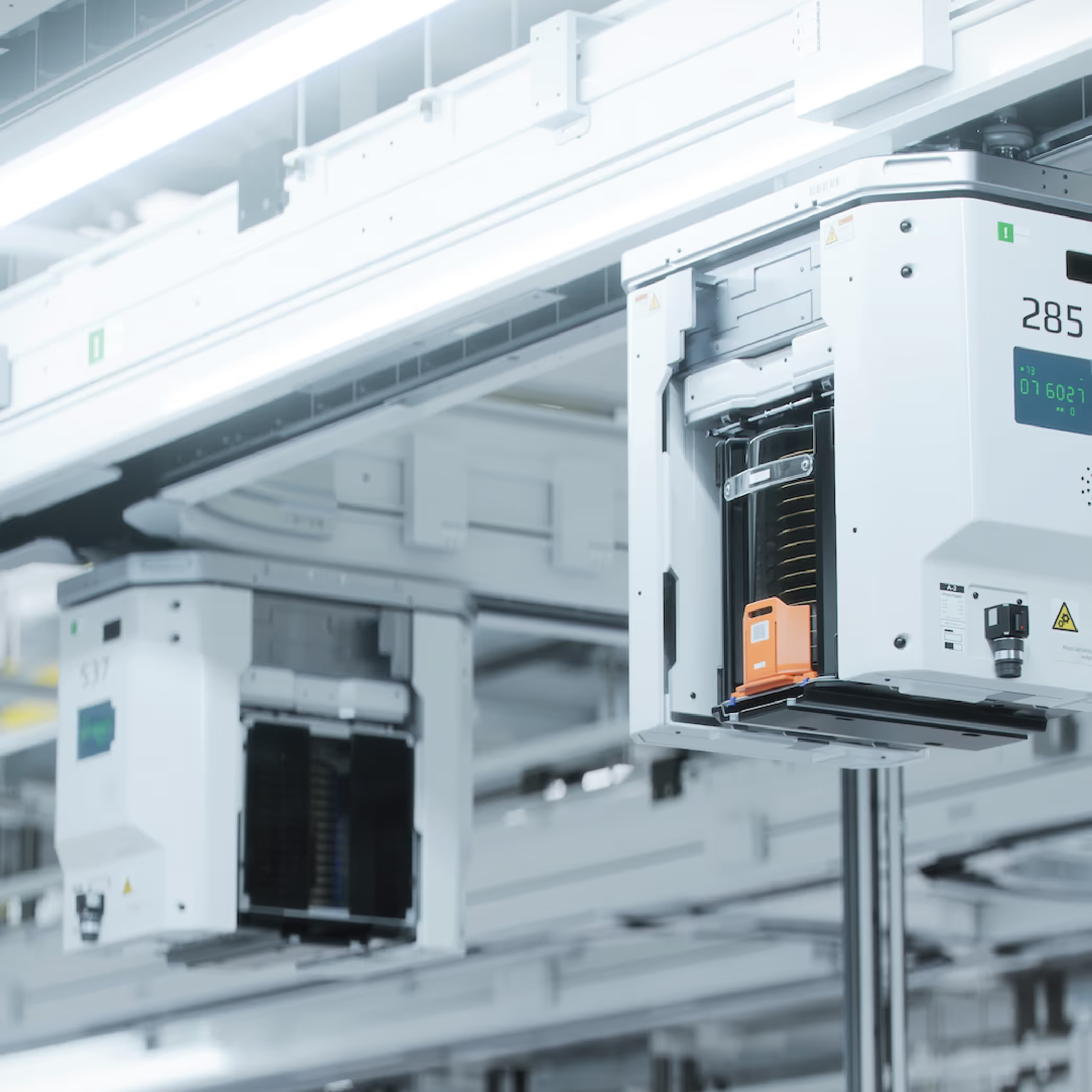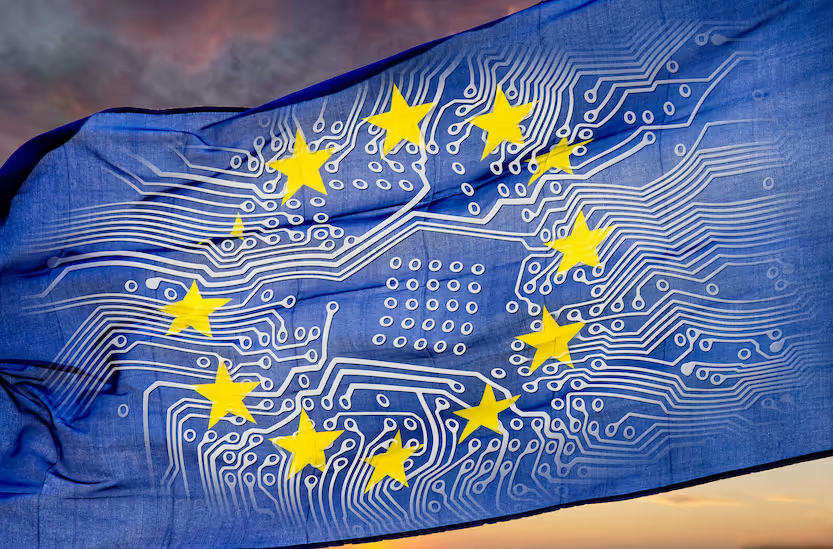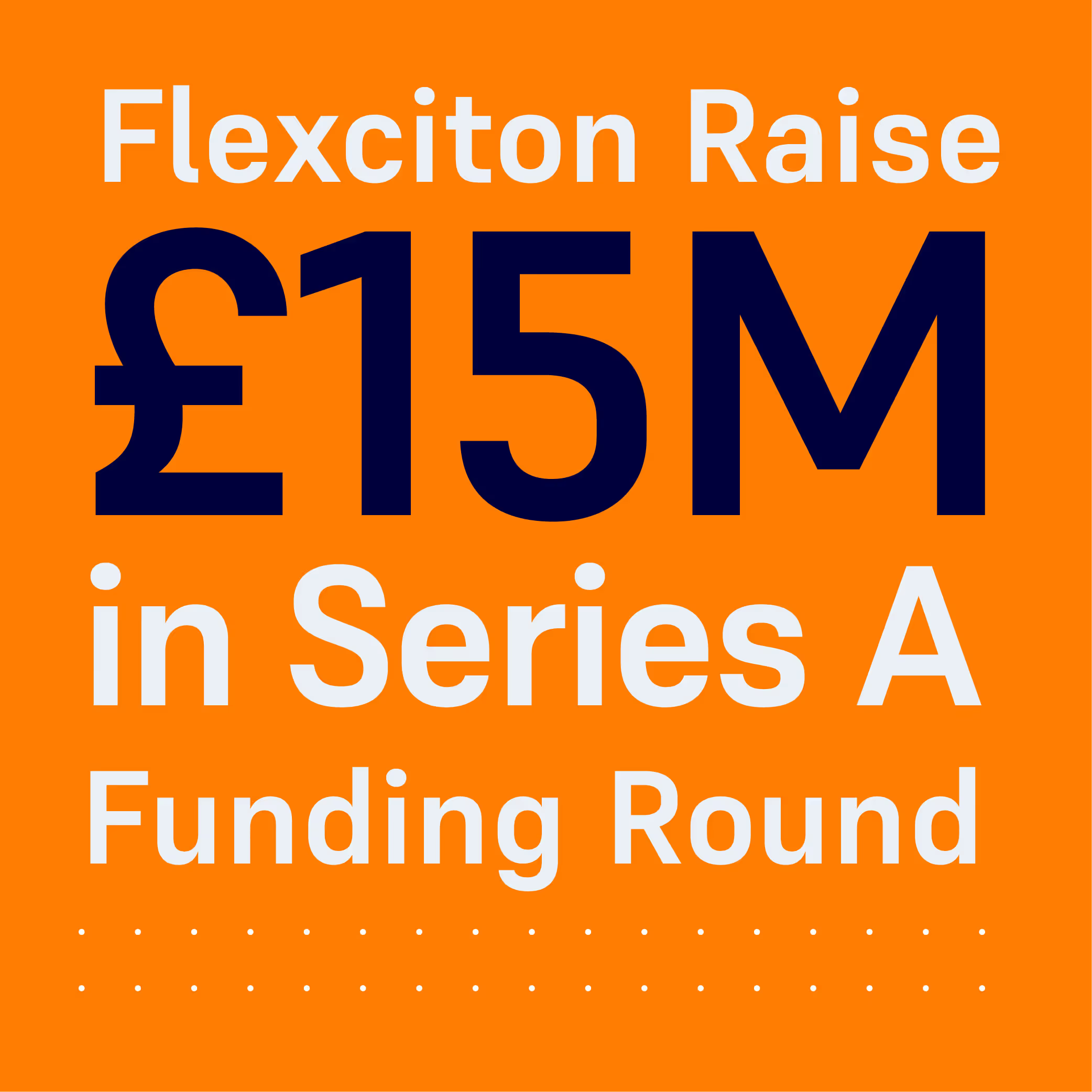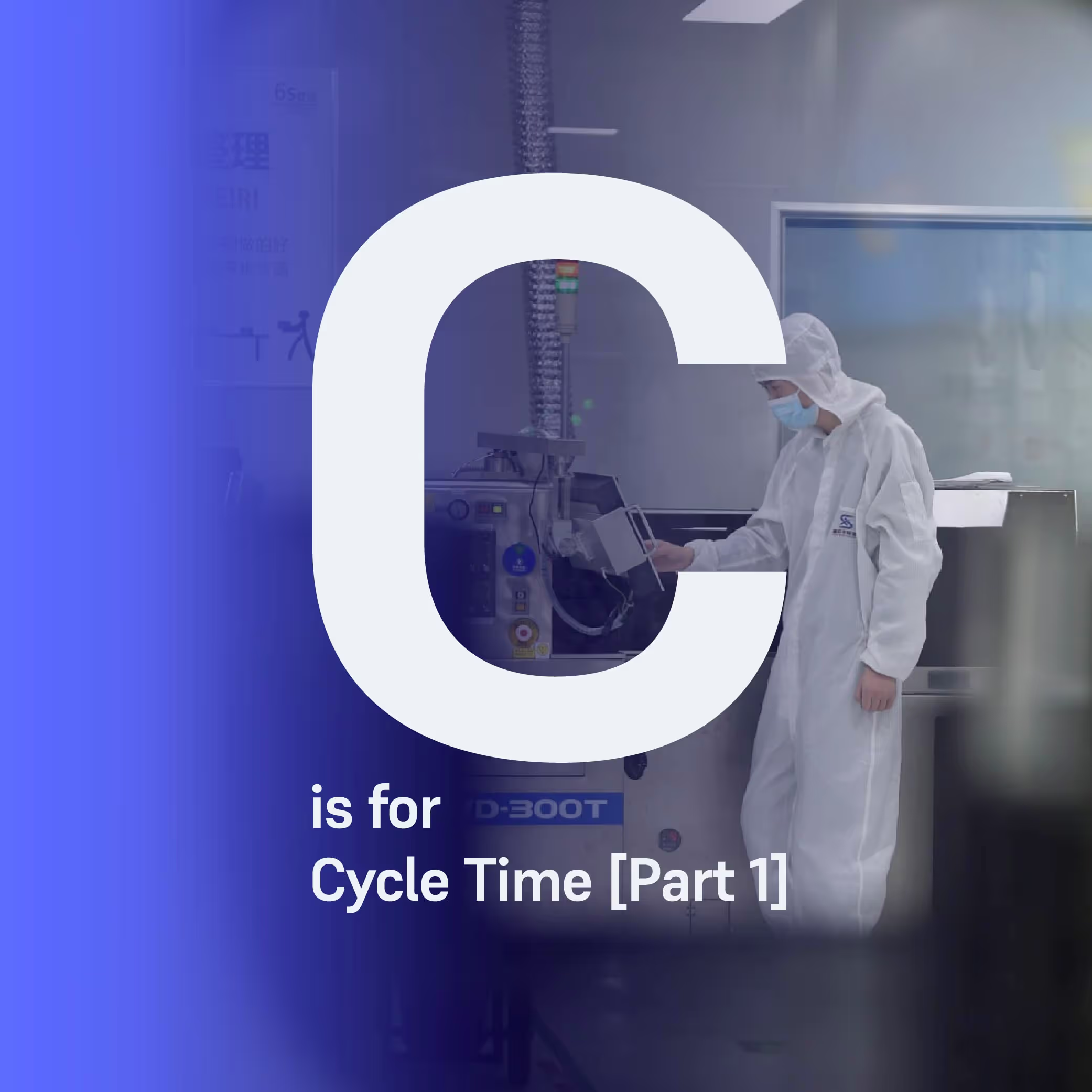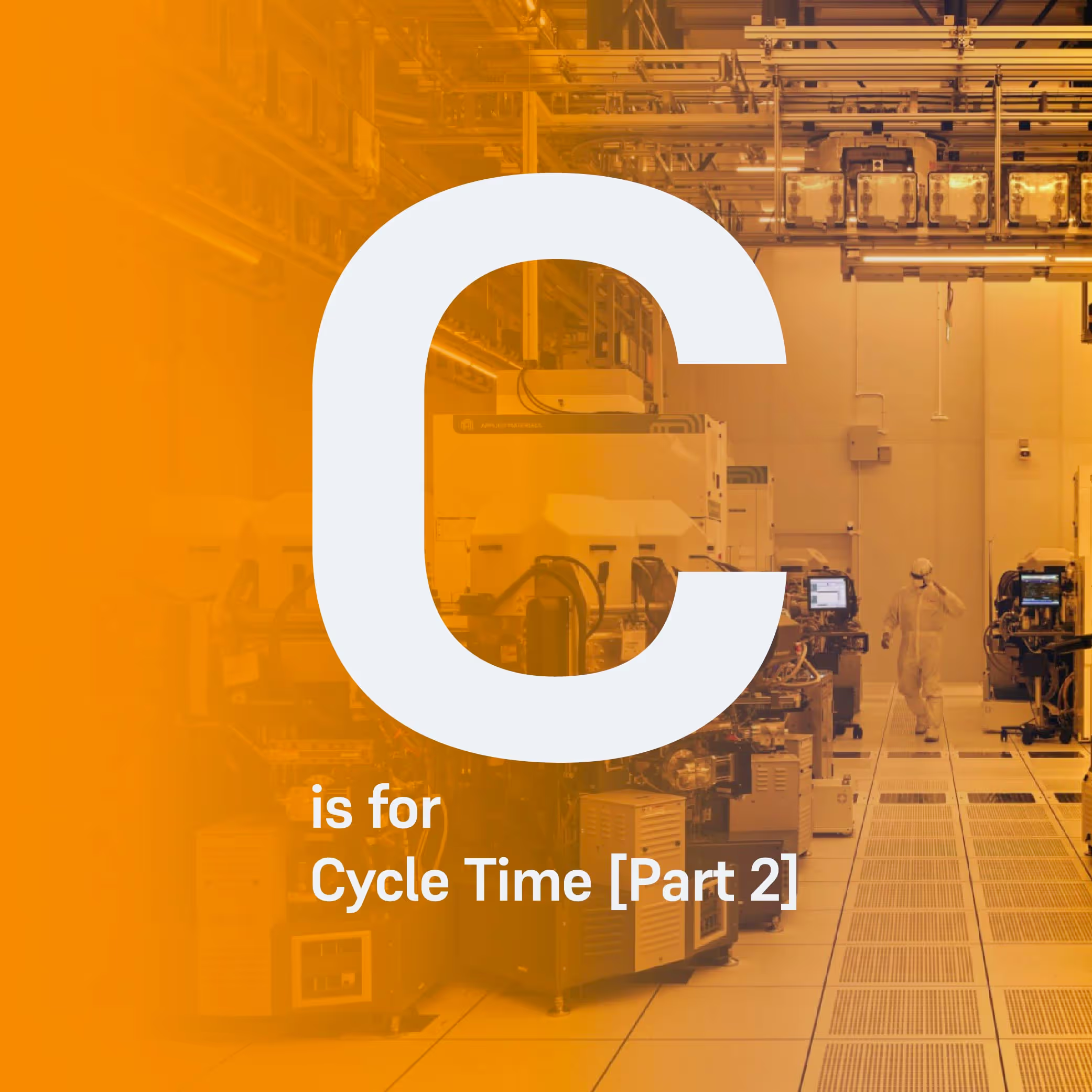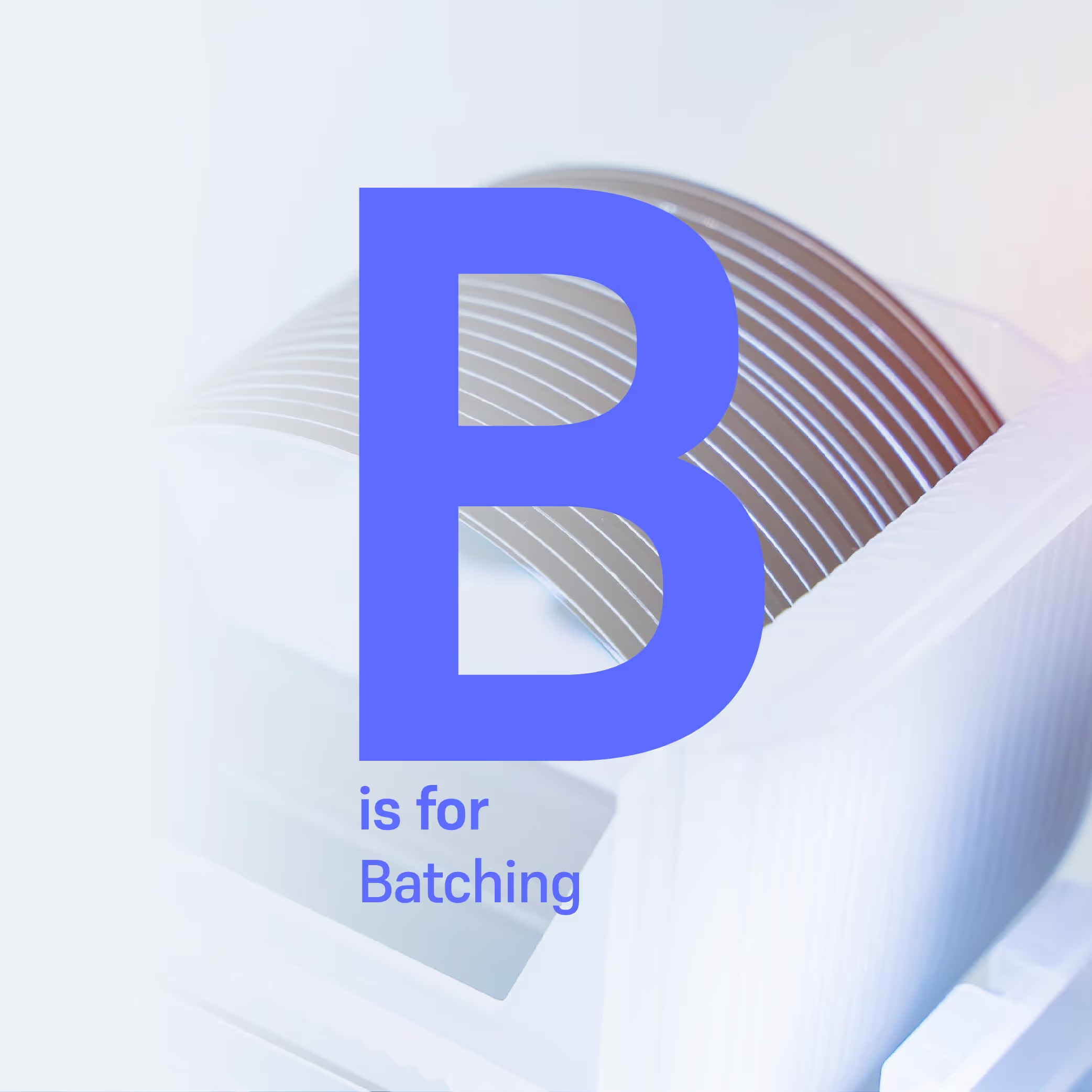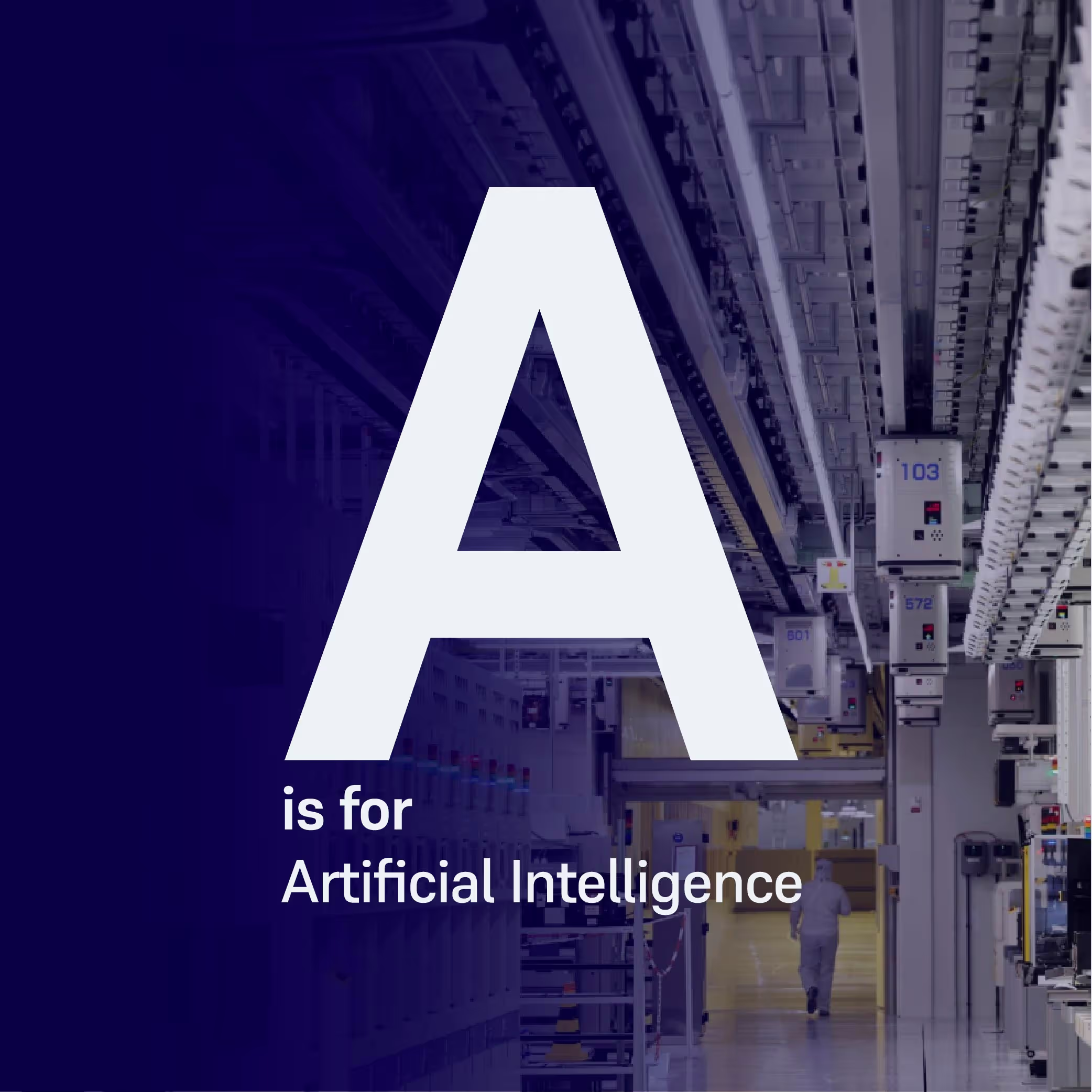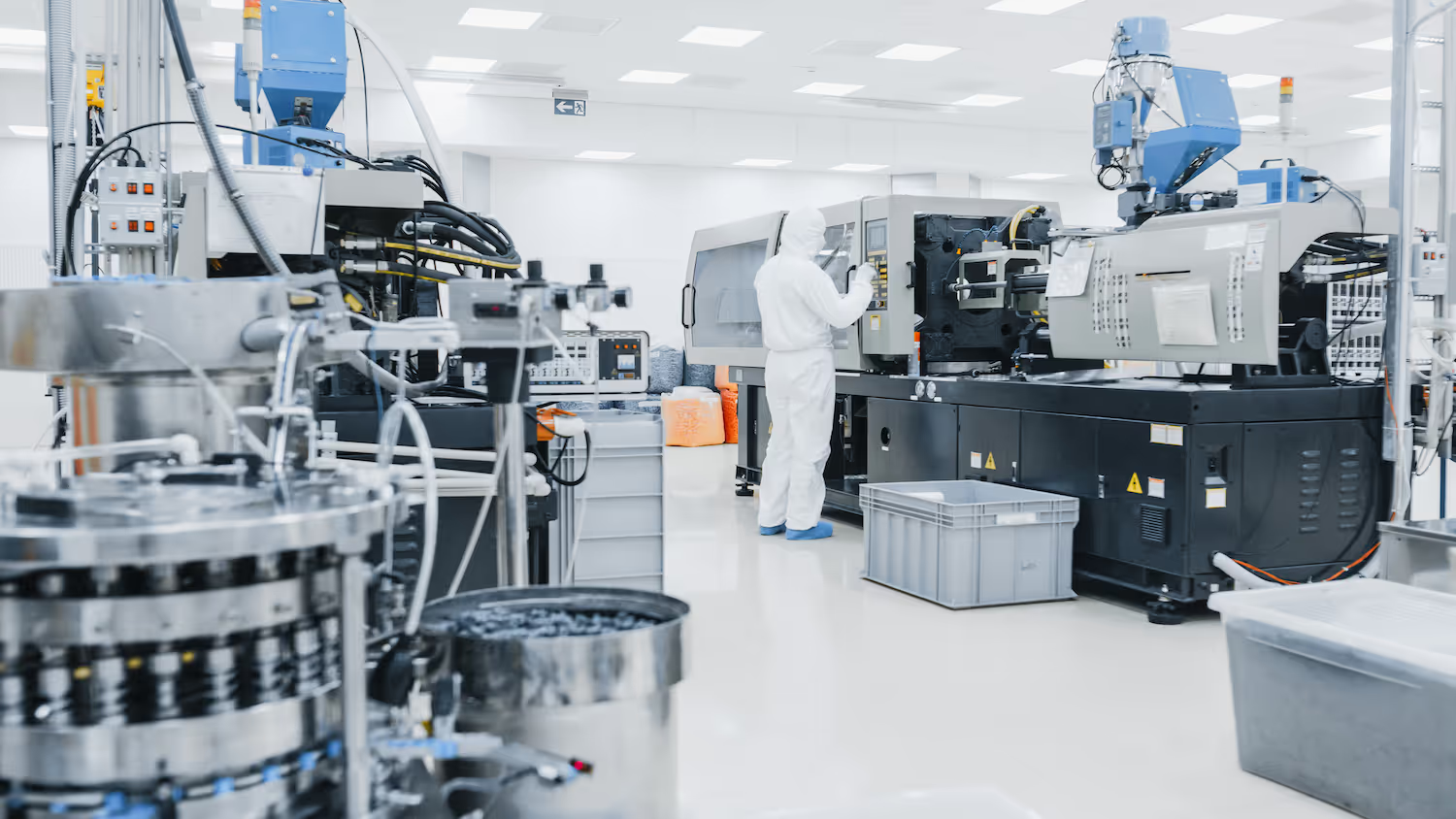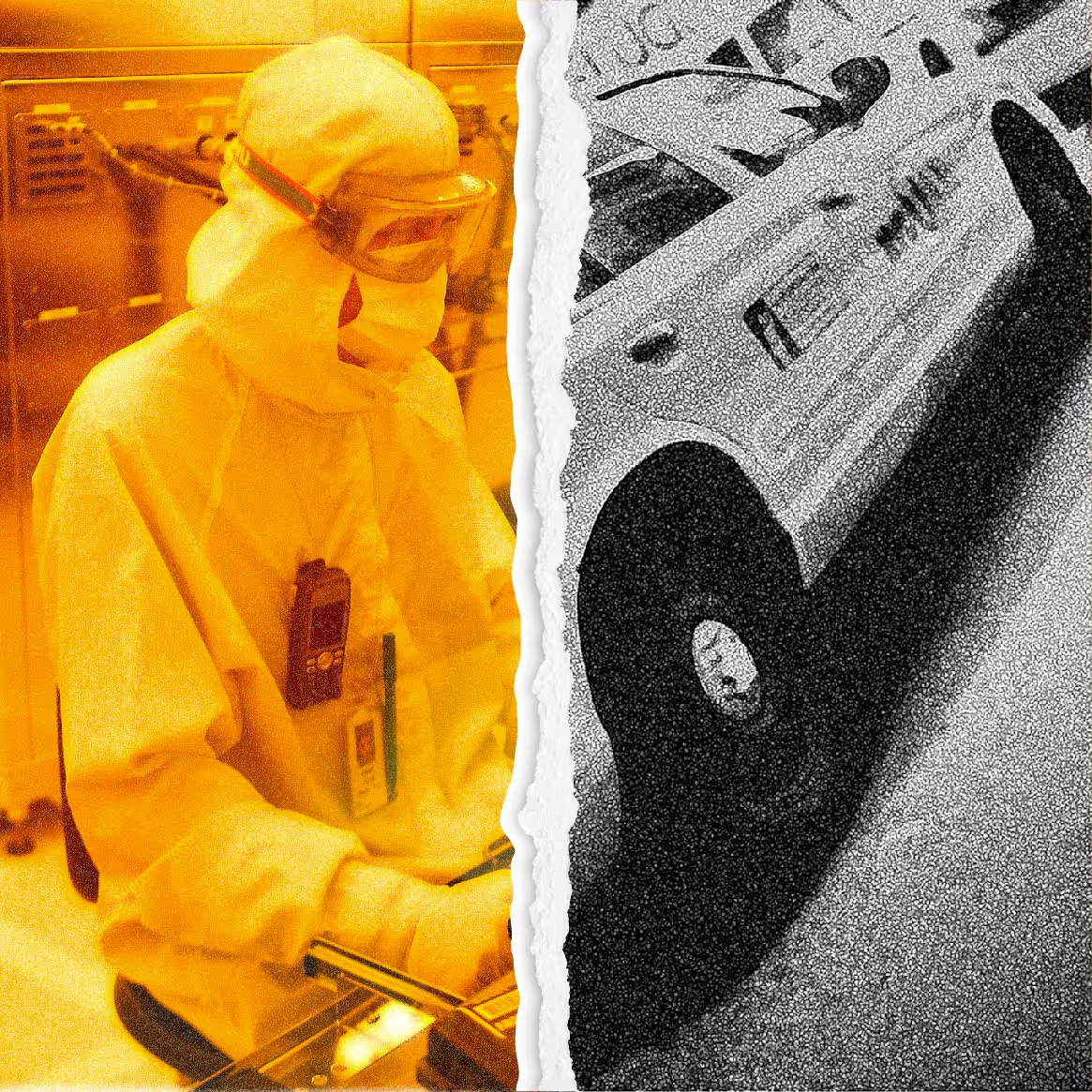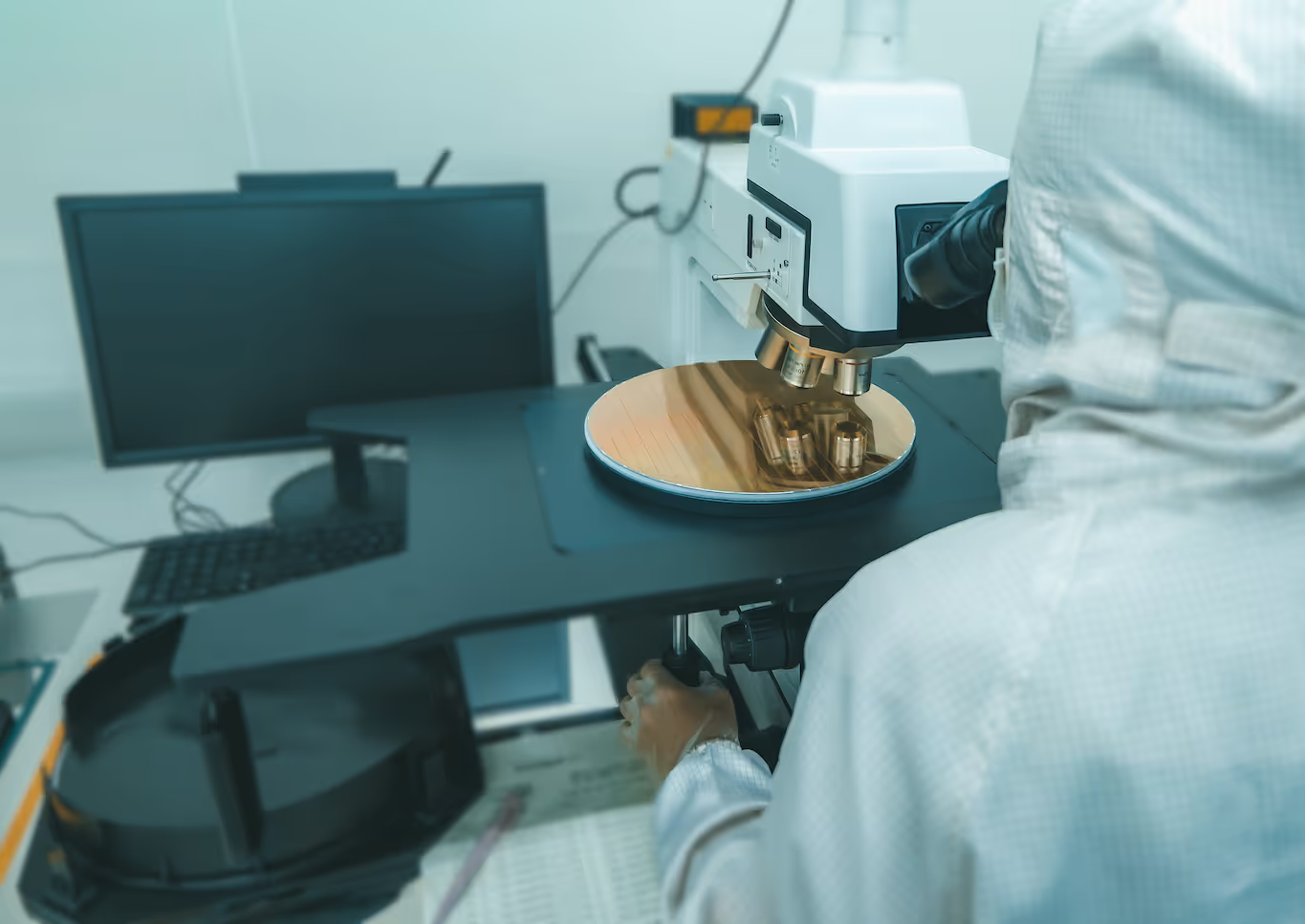Investigating Operational Decisions and Their Impact on Energy Efficiency in Wafer Fabs
Chipmakers will encounter major challenges before the end of the decade in their quest to achieve stringent emissions goals. In light of this, we are working on an initiative to explore innovative approaches for reducing the carbon impact of the semiconductor sector.
Investigating Operational Decisions and Their Impact on Energy Efficiency in Wafer Fabs
Chipmakers will encounter major challenges before the end of the decade in their quest to achieve stringent emissions goals. In light of this, we are working on an initiative to explore innovative approaches for reducing the carbon impact of the semiconductor sector.
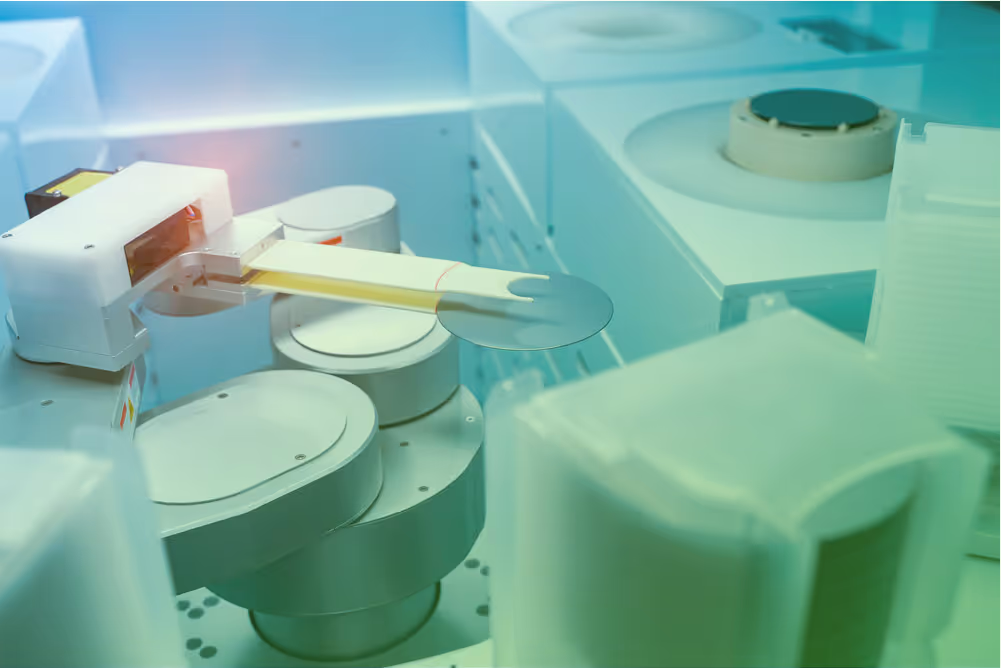
Chipmakers will encounter major challenges before the end of the decade in their quest to achieve stringent emissions goals. Achieving these targets will require a concerted effort from the industry to explore new and innovative methods of reducing their energy consumption and adopting cleaner energy sources.
In light of this, we are working together with Thorsten Greil from the Technical University of Munich, Nilay Shah from Imperial College London, and Hans Ehm from Infineon Technologies on an energy efficiency initiative to explore innovative approaches for reducing the carbon impact of the semiconductor sector. The objective of this undertaking is to make a valuable contribution towards realising a more environmentally-friendly future.
One low-cost opportunity to reduce emissions that does not require drastic capital investment is operational efficiency, where reduction of the energy consumption in production is considered as top priority. Together, we are inviting qualified students from The Technical University of Munich and Imperial College London to participate in the project and complete their master’s thesis on the following topic: Global virtual factory simulation for energy efficiency. Our findings will be presented at the Winter Simulation Conference 2023.
Project Objective
A hypothesis is that the energy efficiency – and subsequently the gas emissions – of a wafer fab can be reduced through improvements in operational efficiency, such as production scheduling. Previous studies have considered chemical alternatives, where Infineon investigated the use of alternate gases with less impact on the climate. Similarly, potentially significant savings can also be made in smarter and more environmentally friendly daily operational decisions.
We want to discover what operational decisions could be taken at fab level to reduce CO2 emissions, without drastic investment or damaging productivity. For example, how can we incorporate CO2 emissions targets into production scheduling? And whether or not it's possible to reduce CO2 emissions whilst improving cycle time.
Procedure
The solution approach to the above objective will be supported by the following methods:
- Familiarisation with semiconductor manufacturing including cleanroom and facility environment characteristics with a focus on energy consumption and operational decisions.
- Literature review in the field of energy efficiency and scheduling to present the current state.
- Embedding energy related aspects in the fab simulator tool developed by Flexciton based on energy emission information provided by Infineon.
- Investigation of smarter coordinated operational decisions in the fab to reduce carbon emission.
More resources
Stay up to date with our latest publications.
Speak to one of our experts
Book a demo session or simply reach out to one of our experts to learn more about what Autonomous Technology could do for your fab.


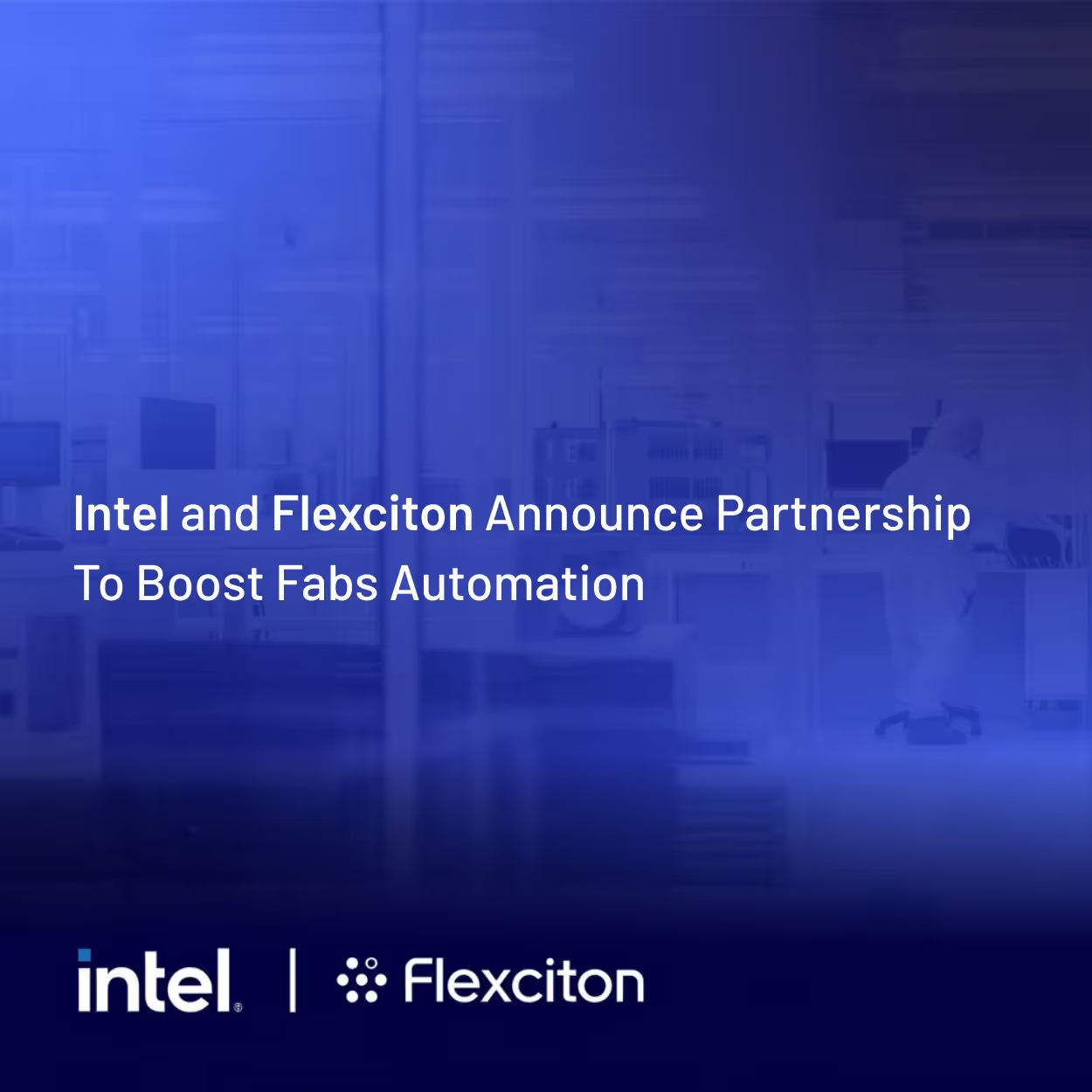



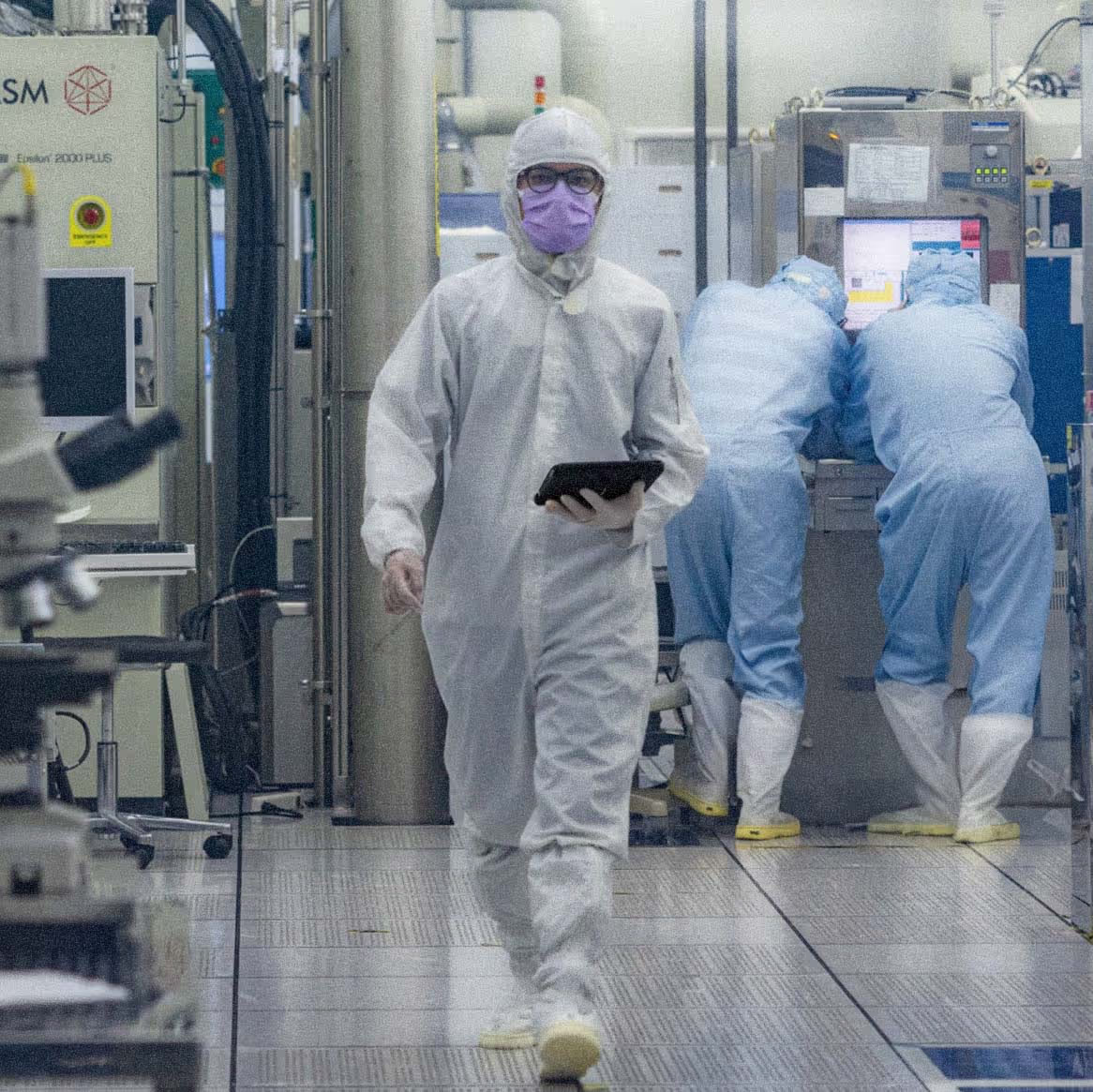
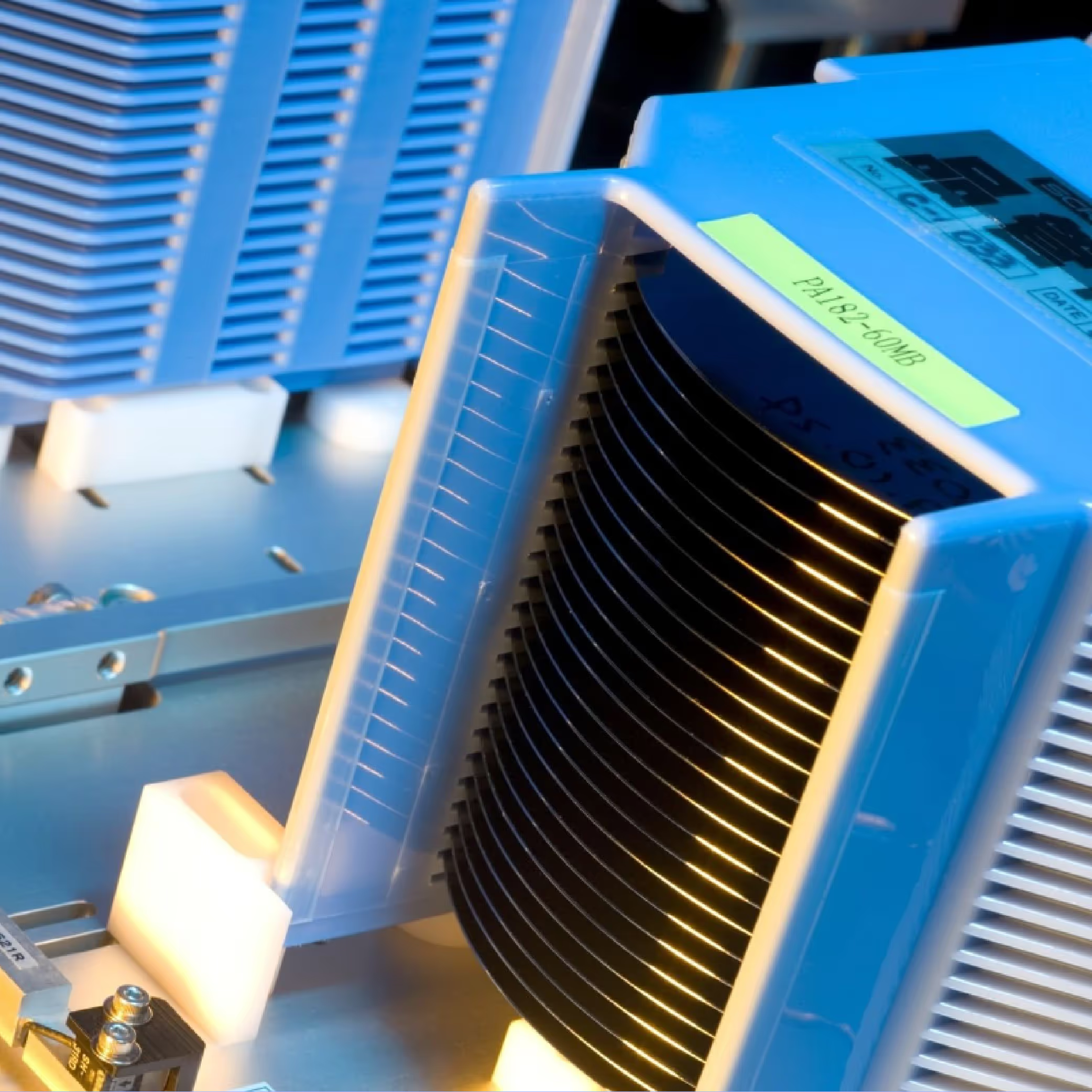
.avif)
.avif)
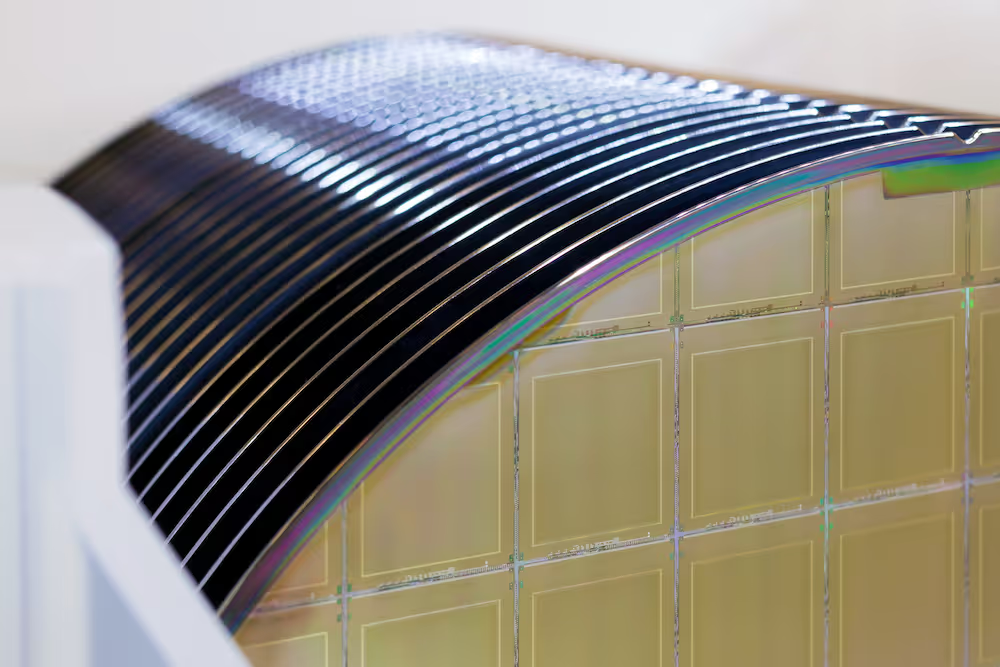


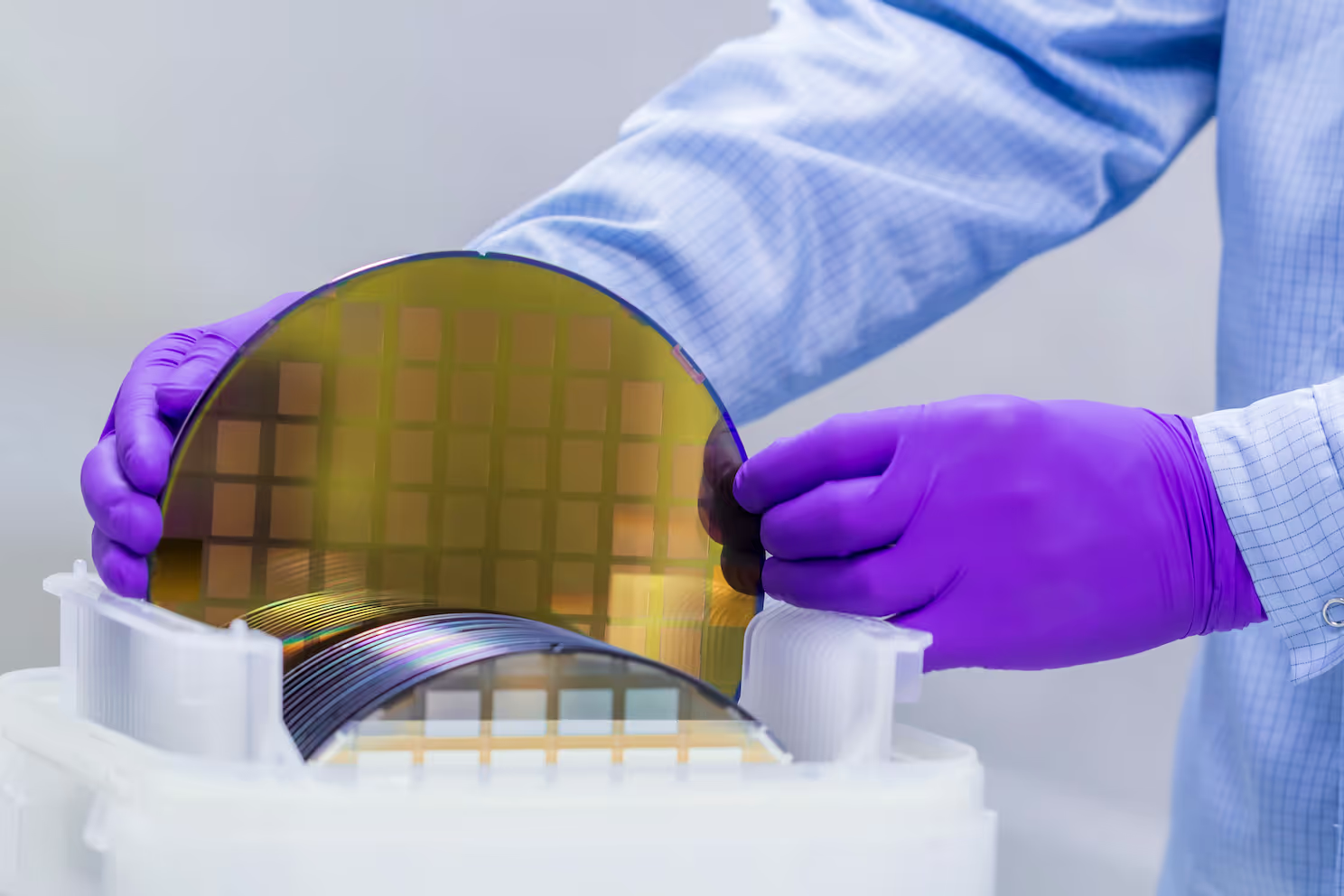
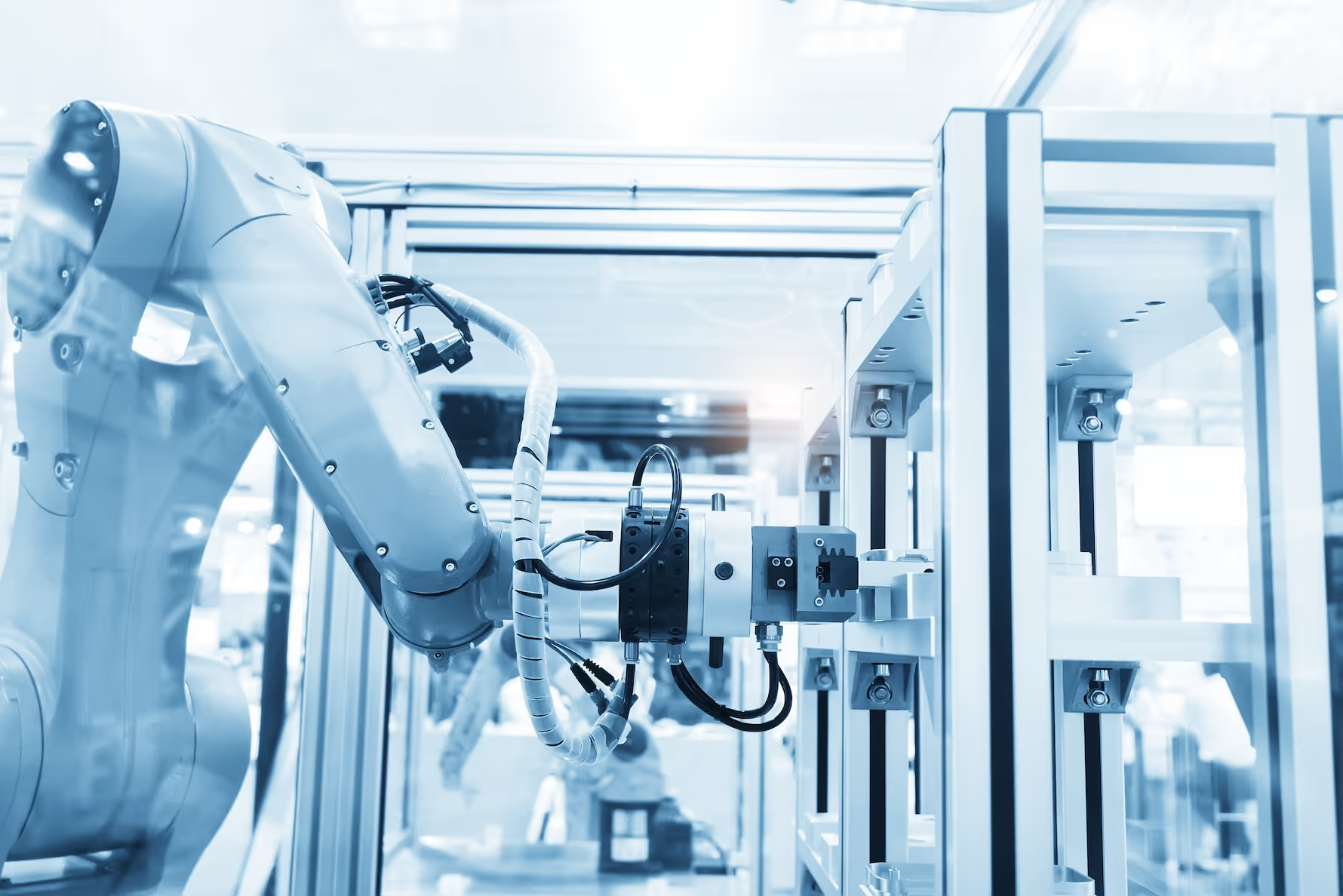
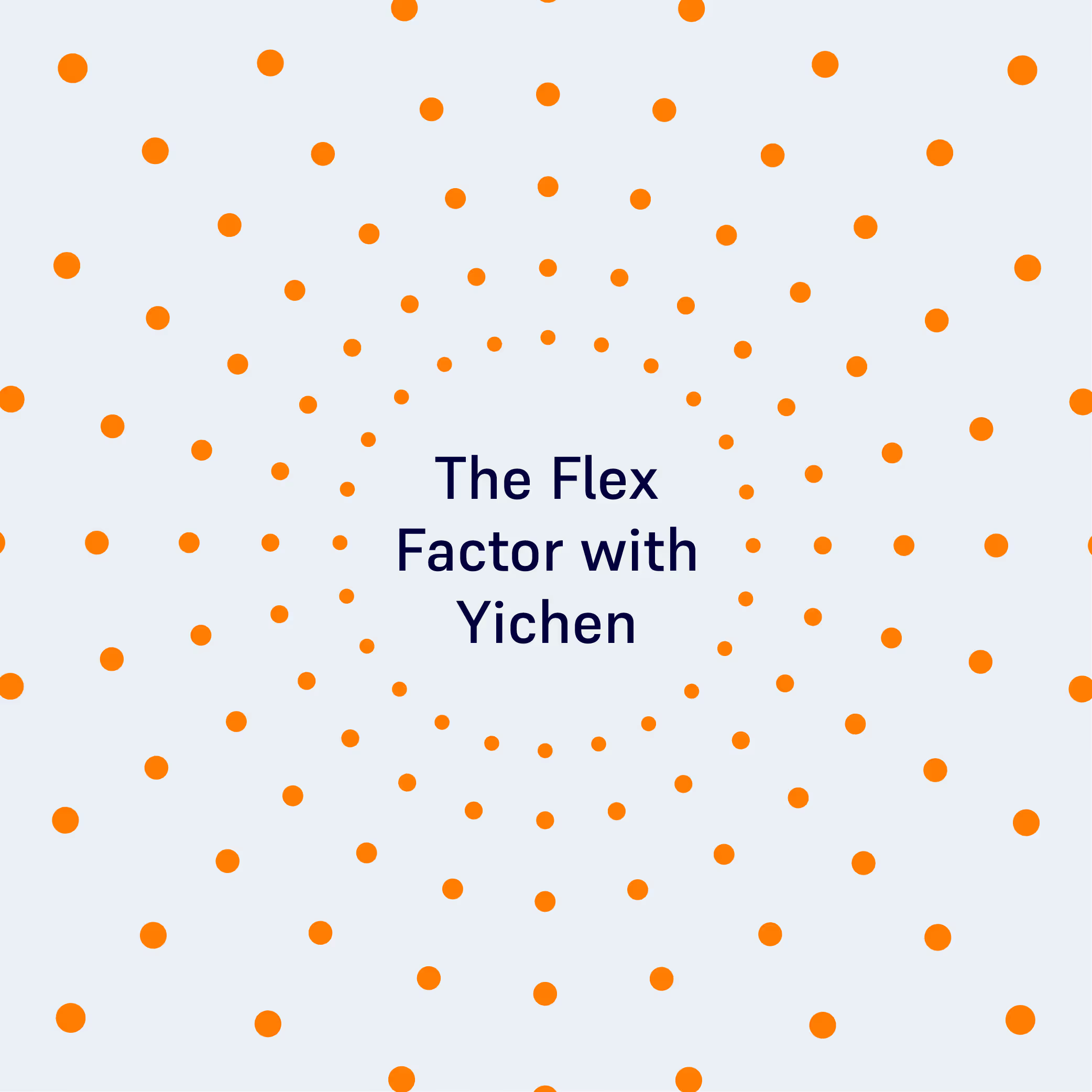



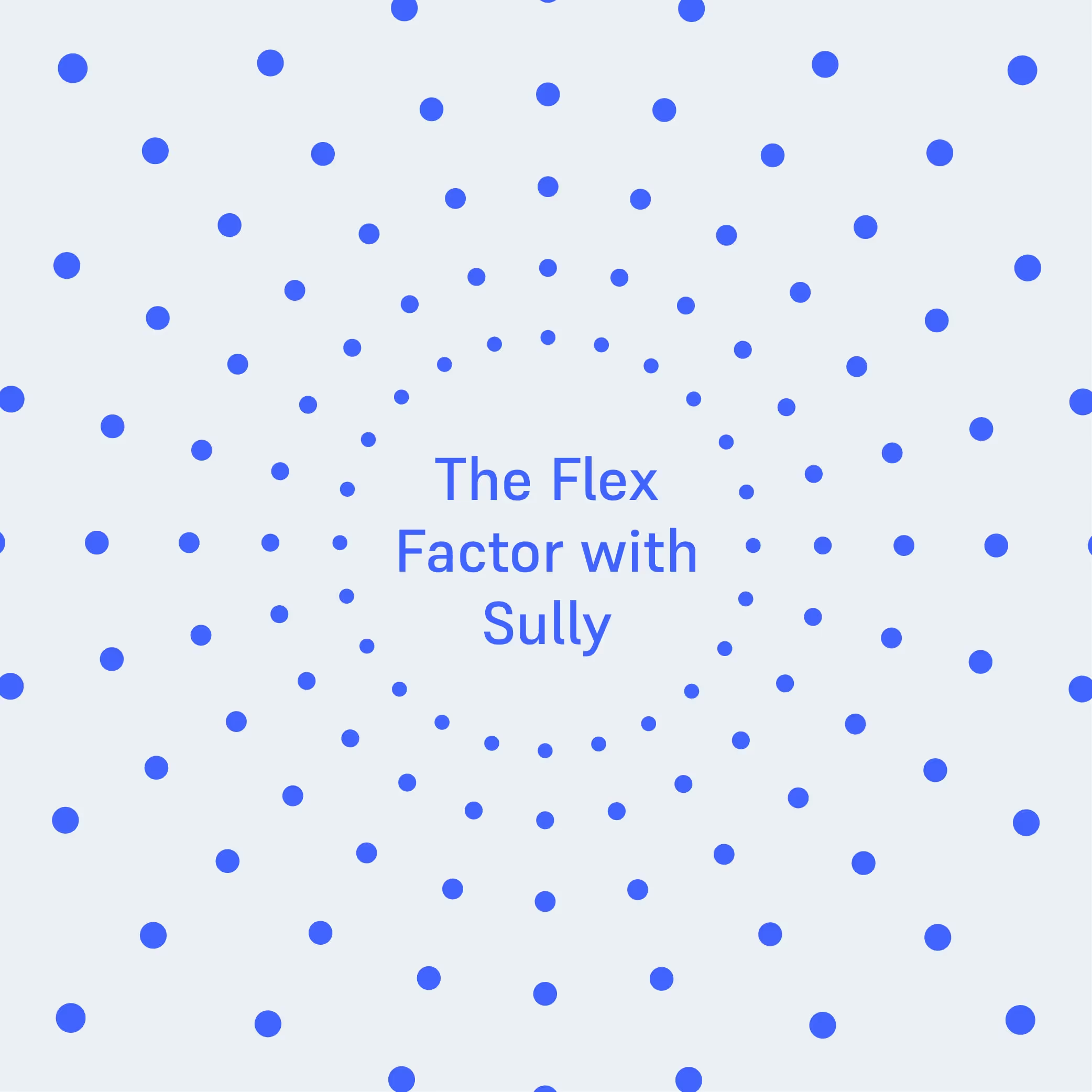
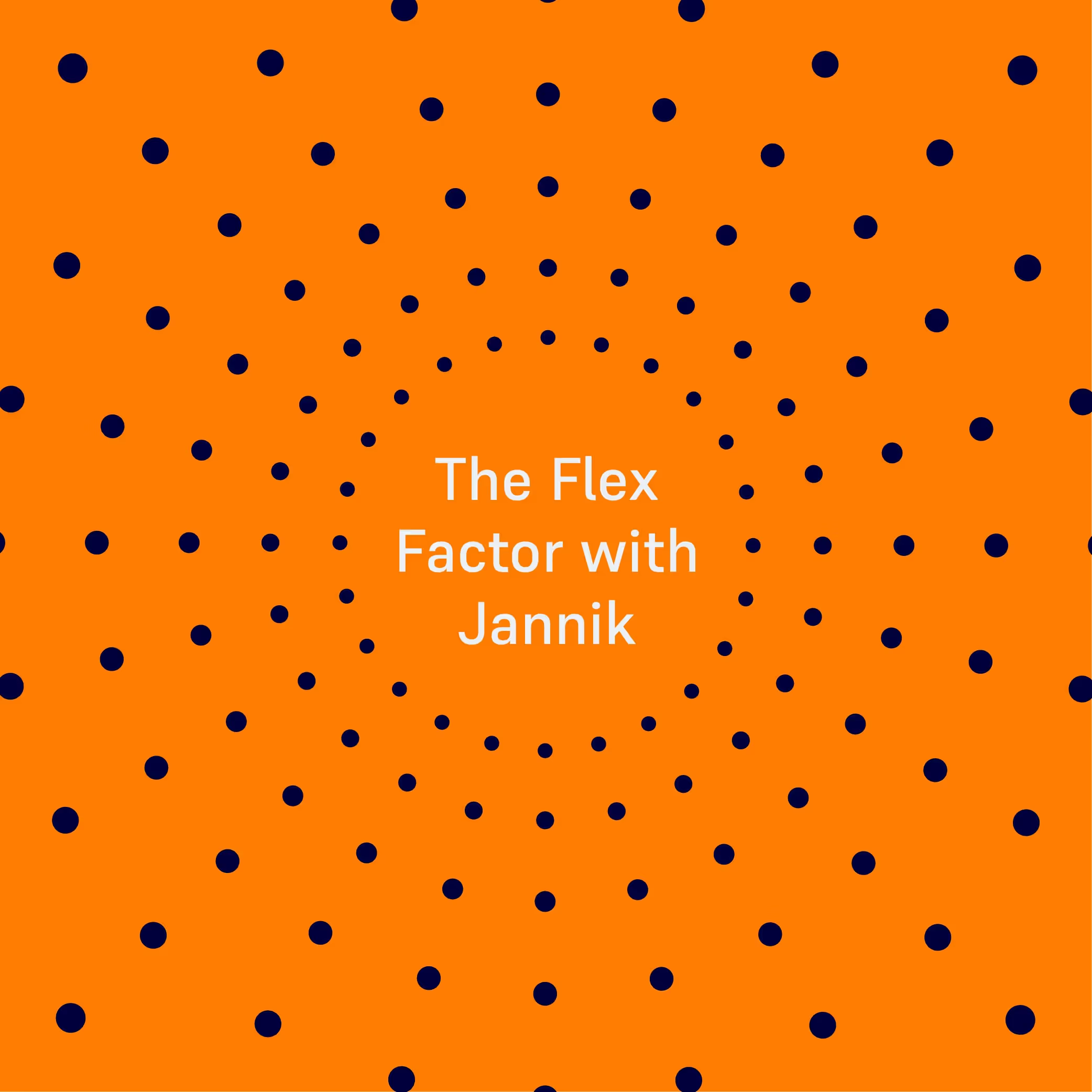





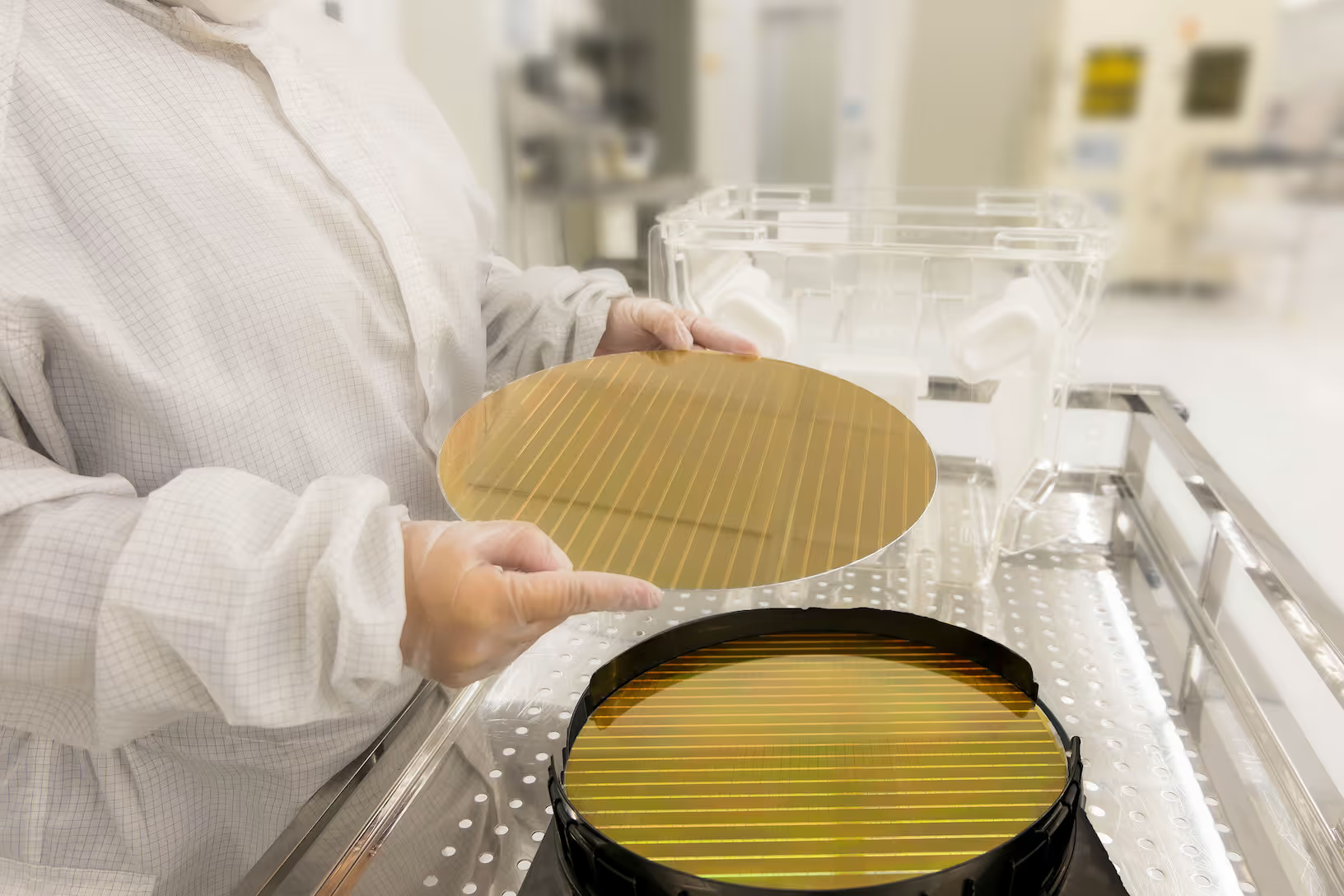

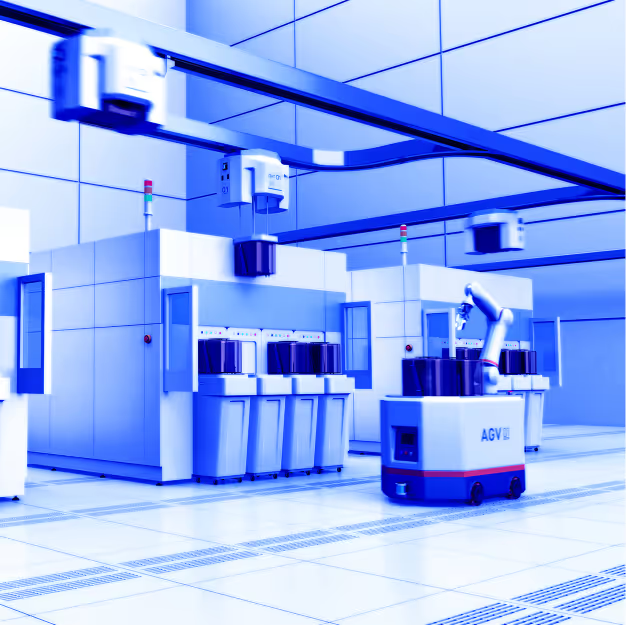
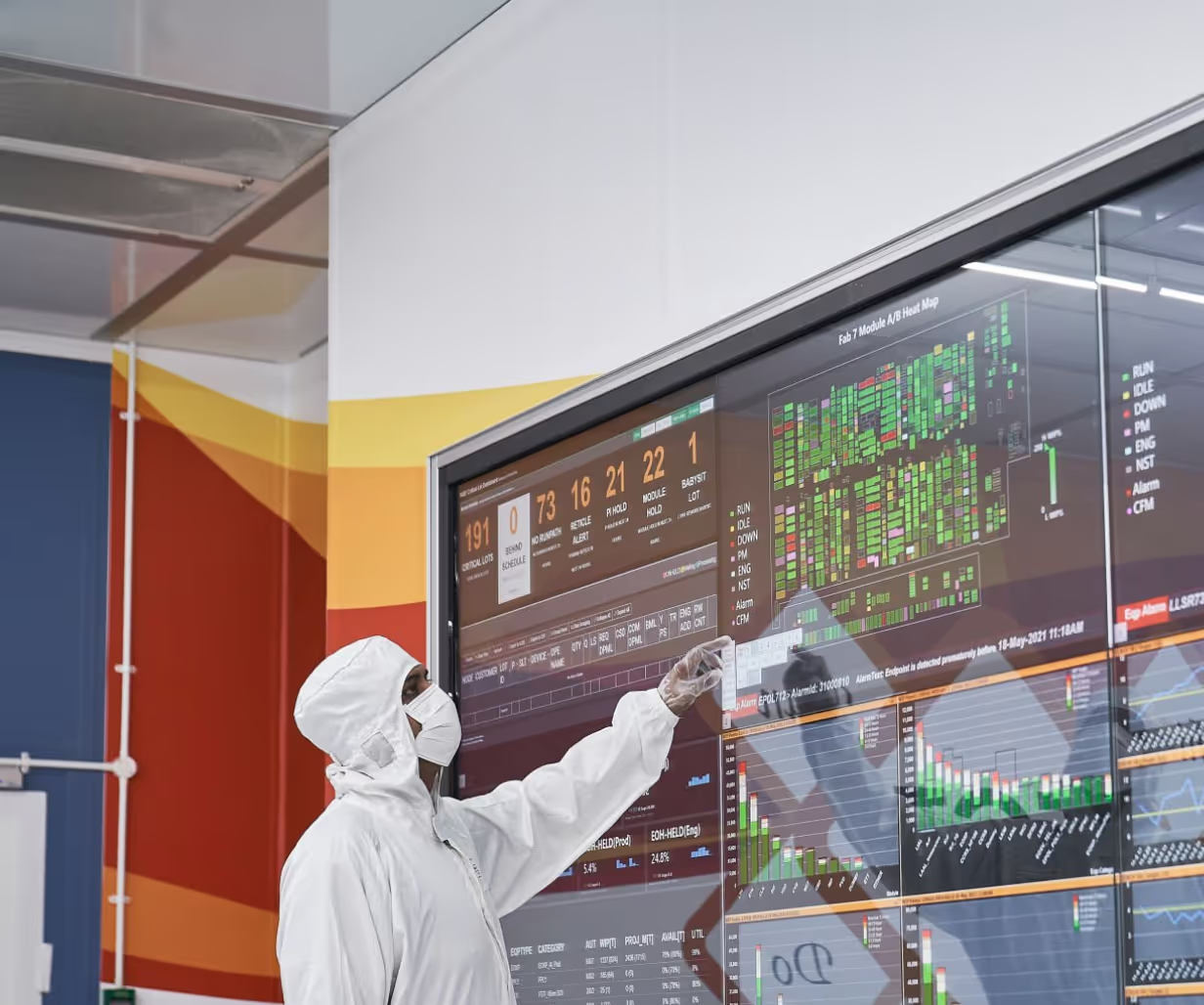


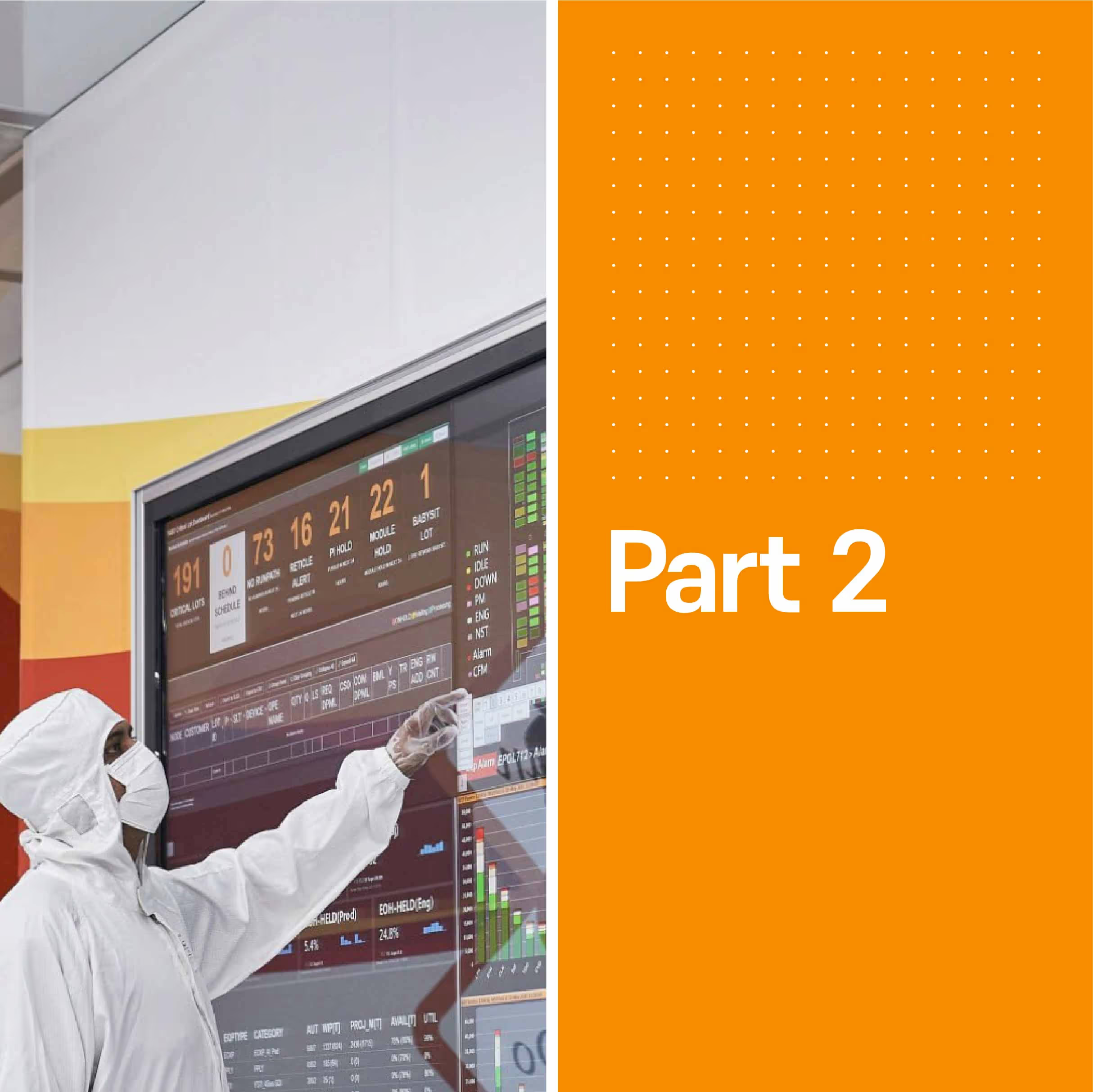

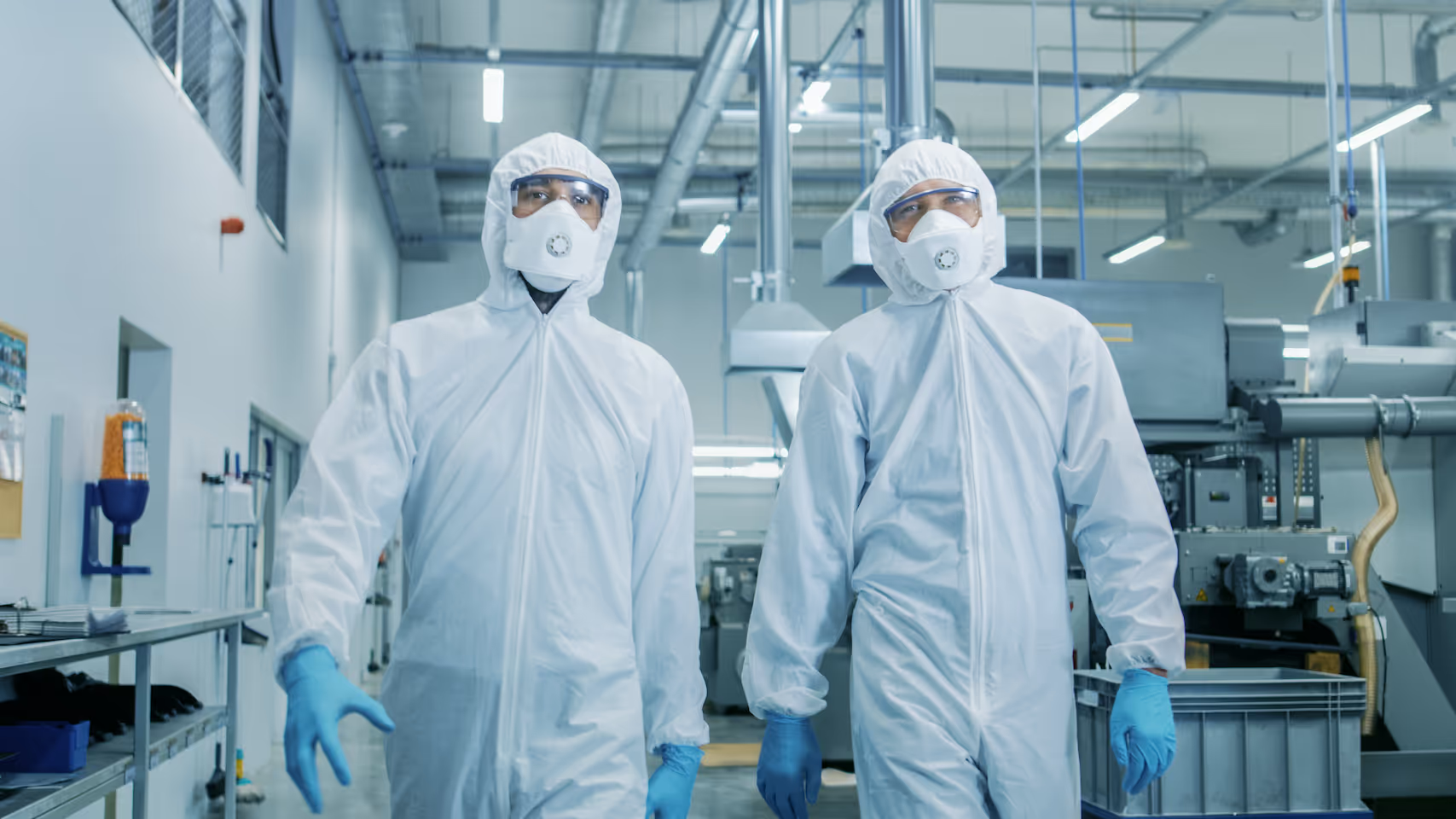

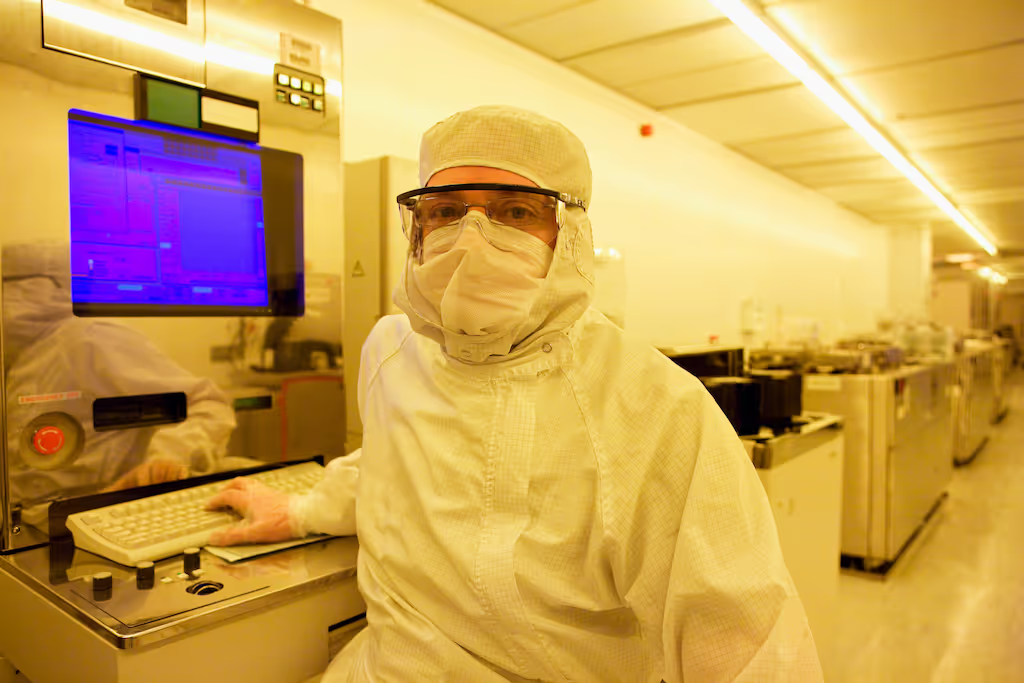
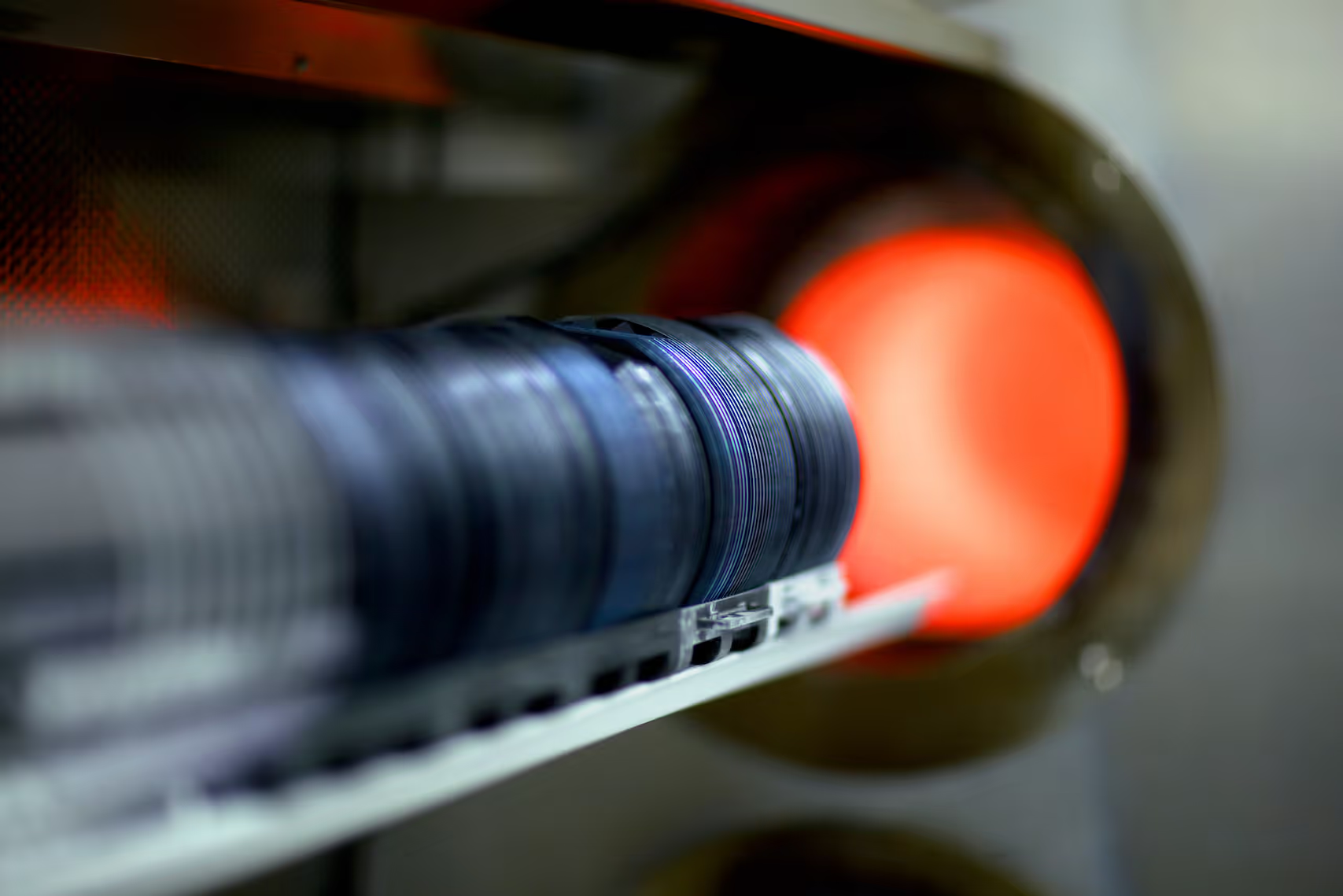
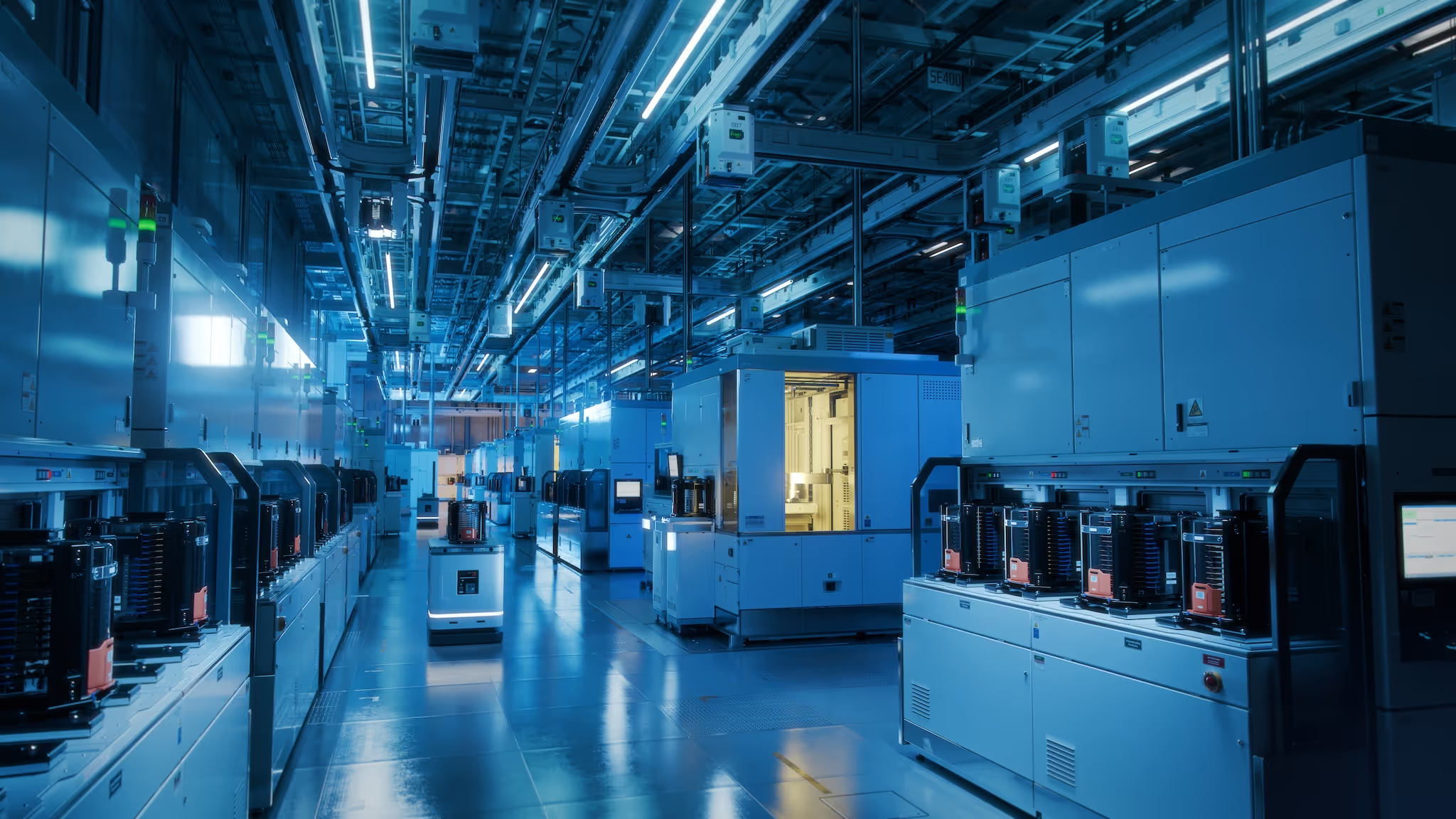
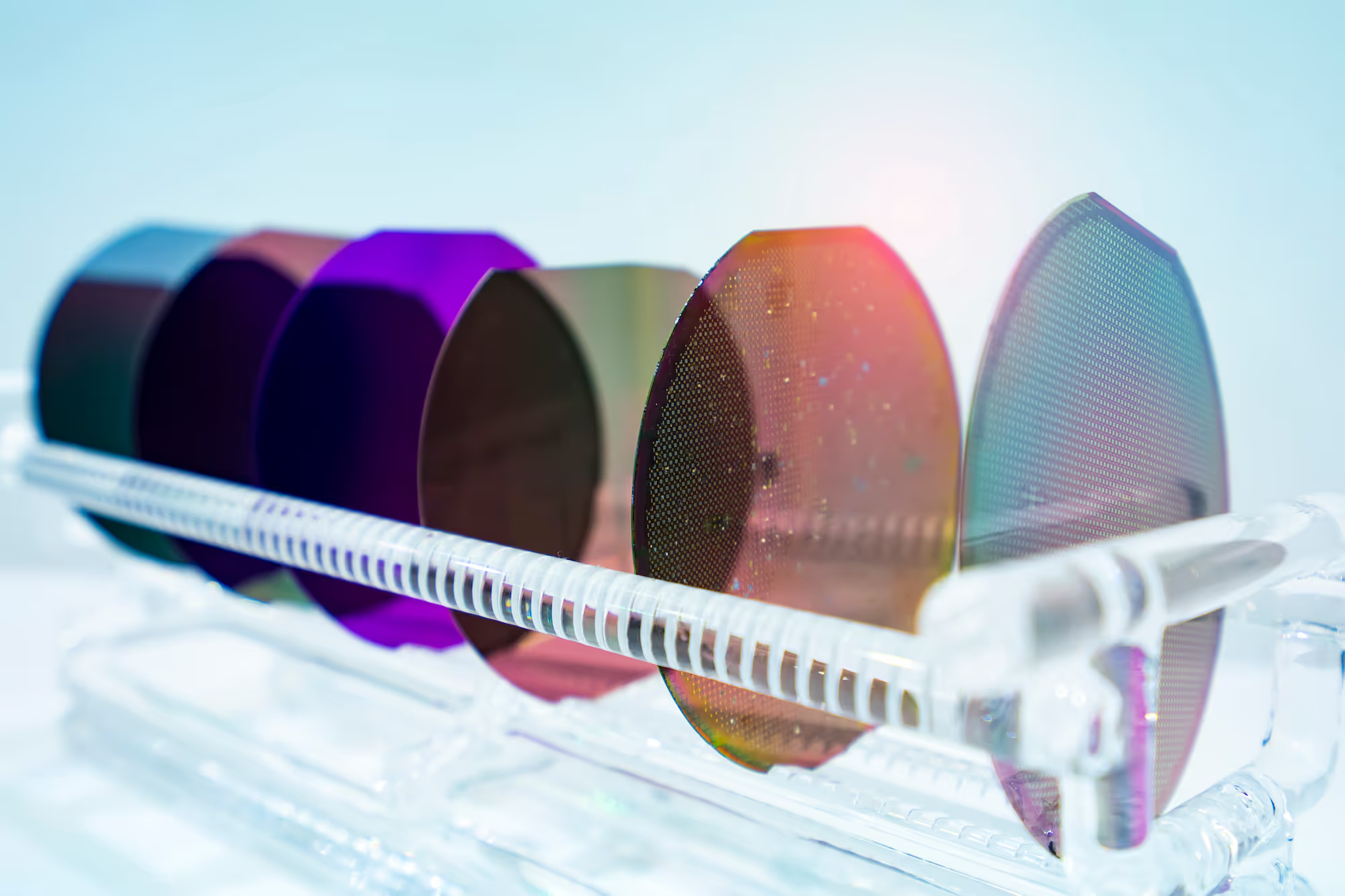
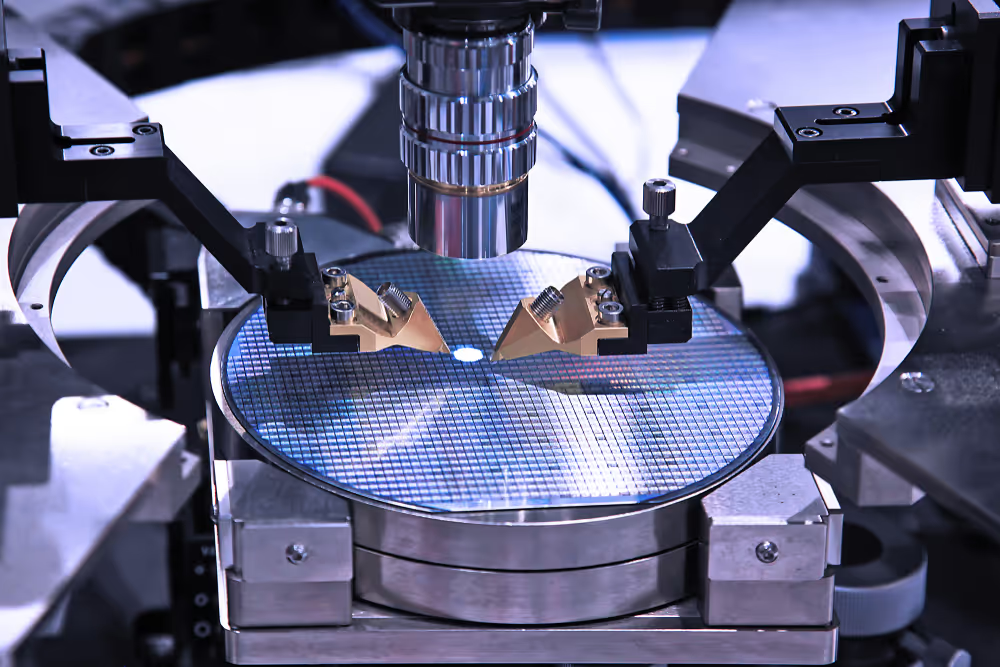
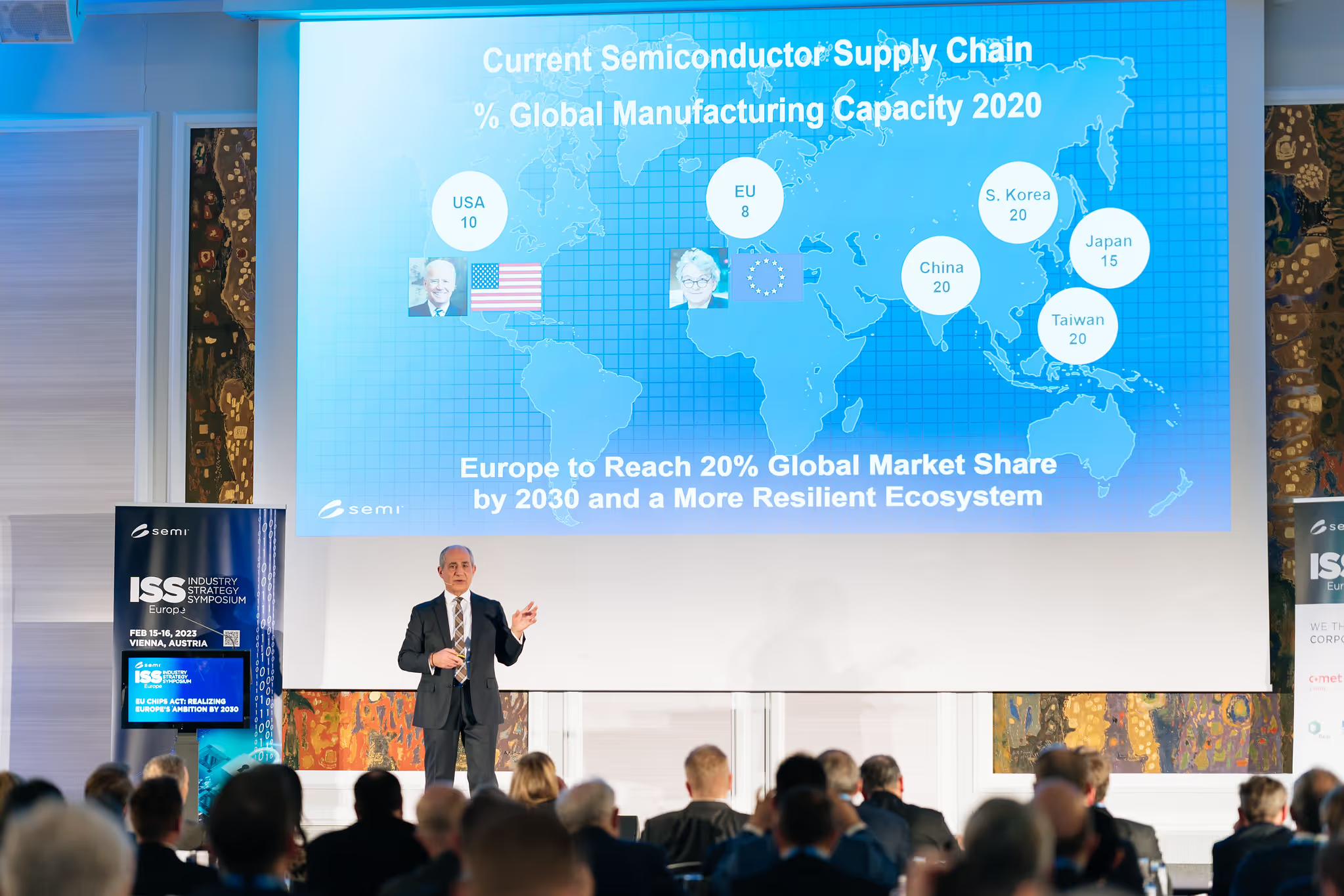
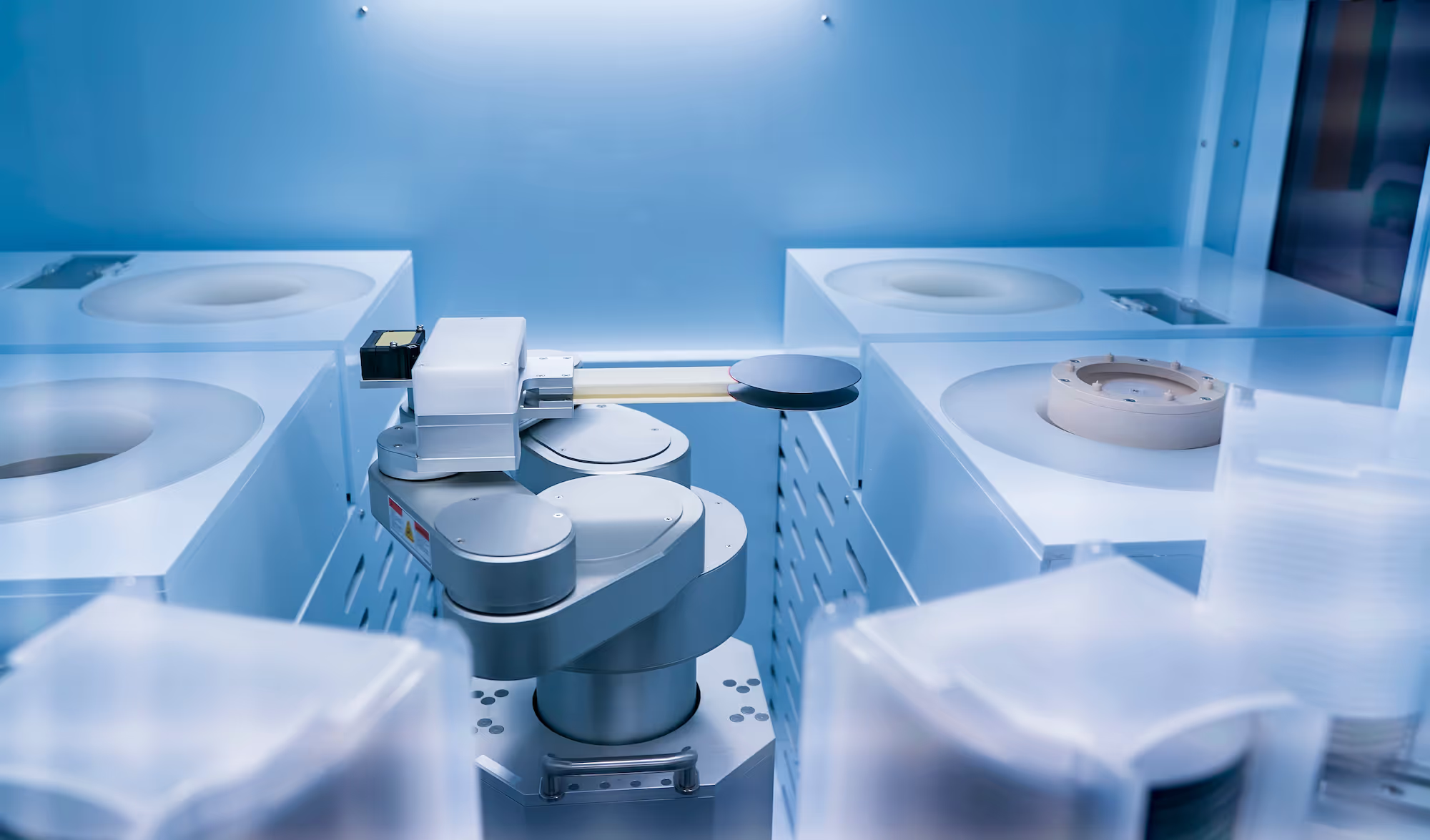
.avif)
